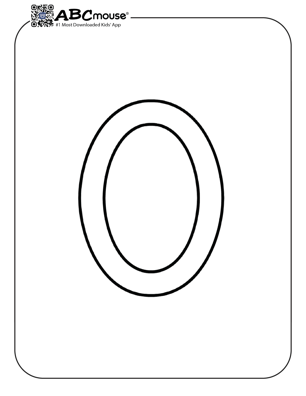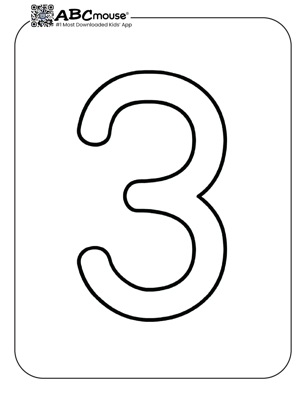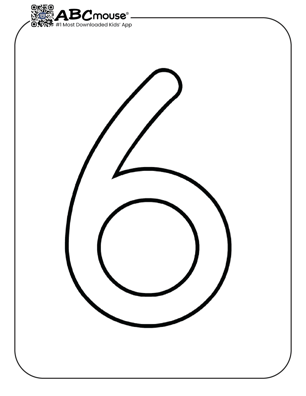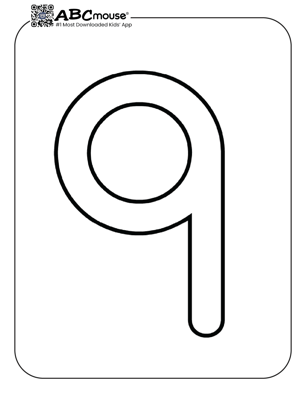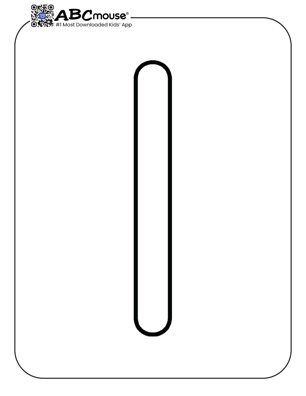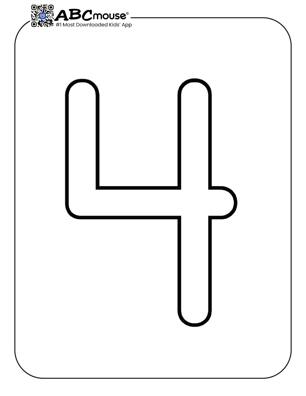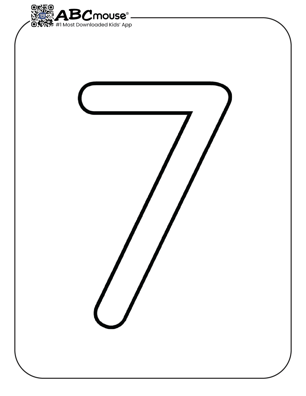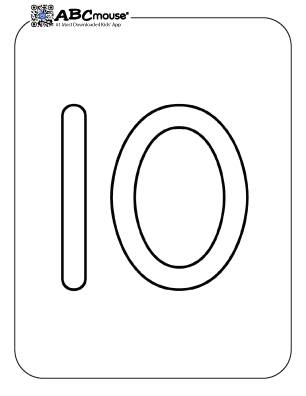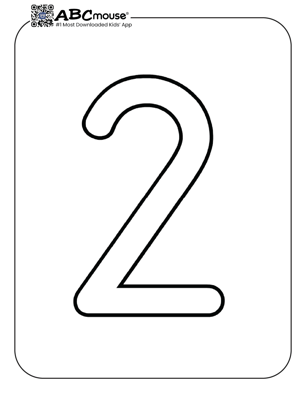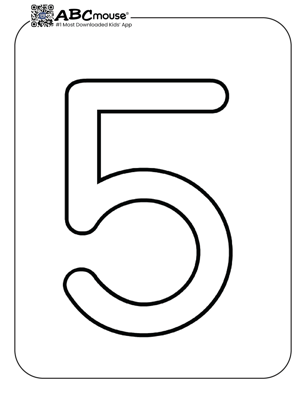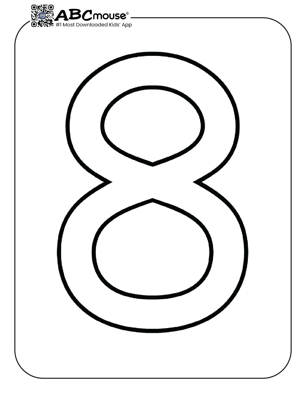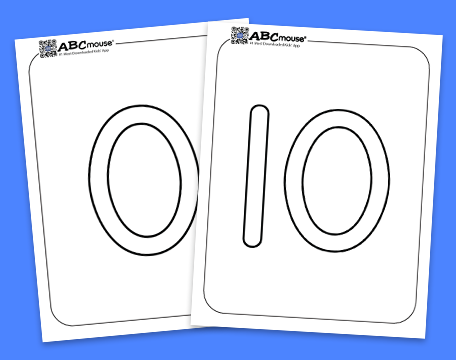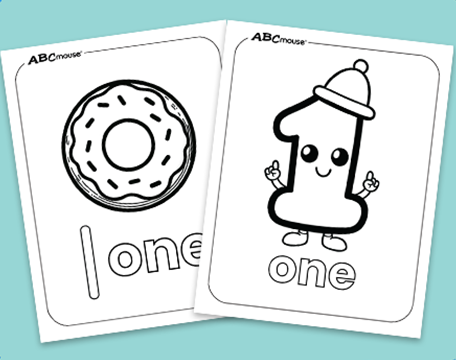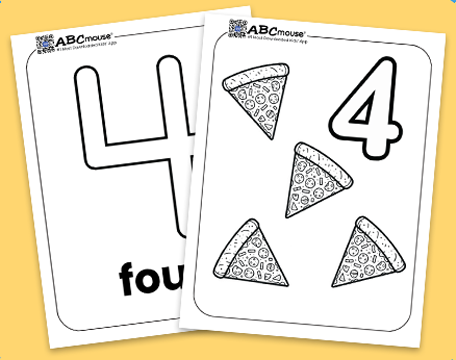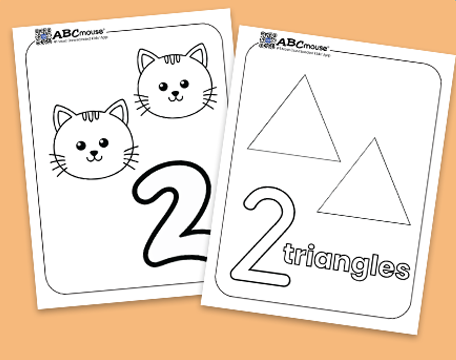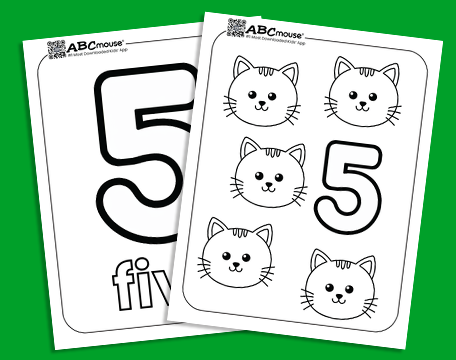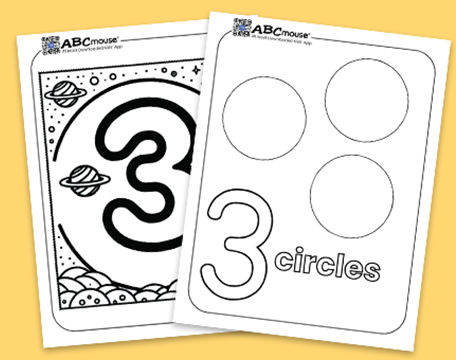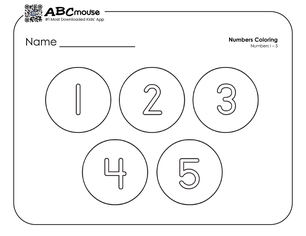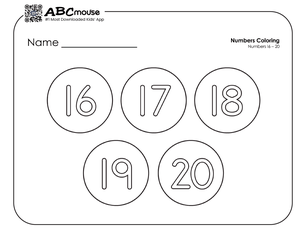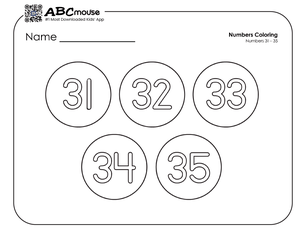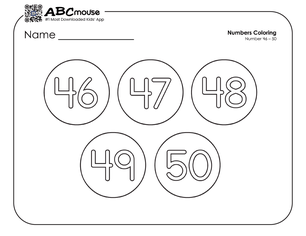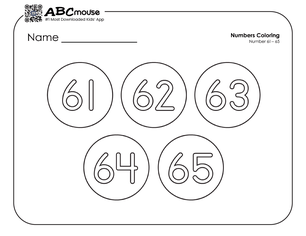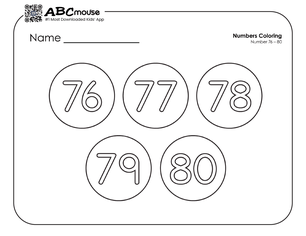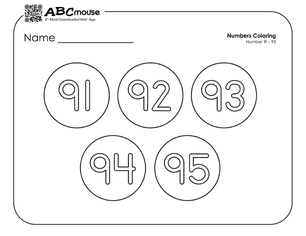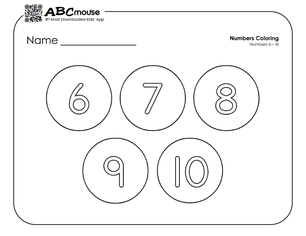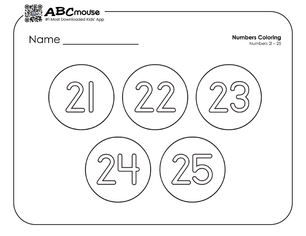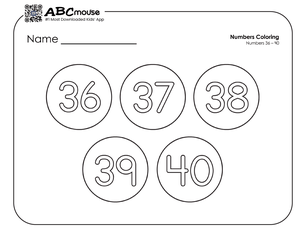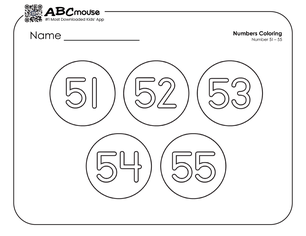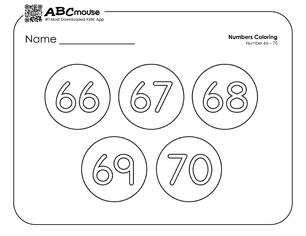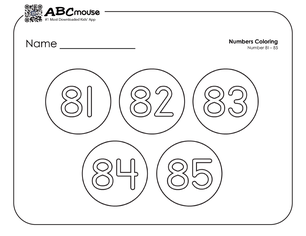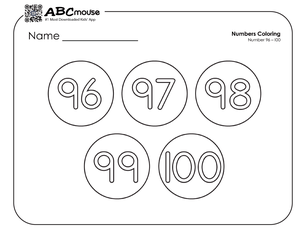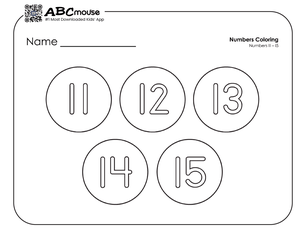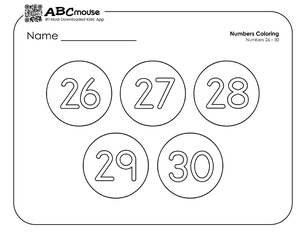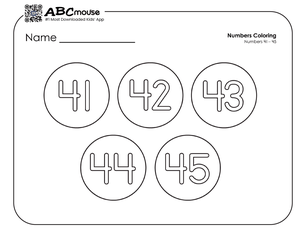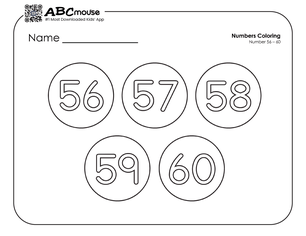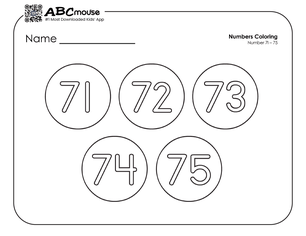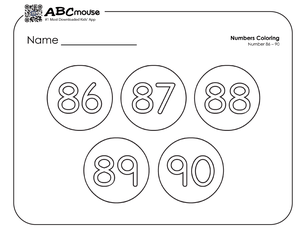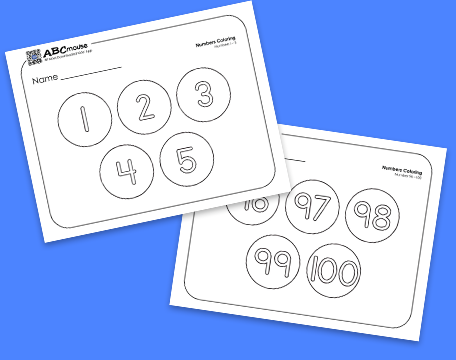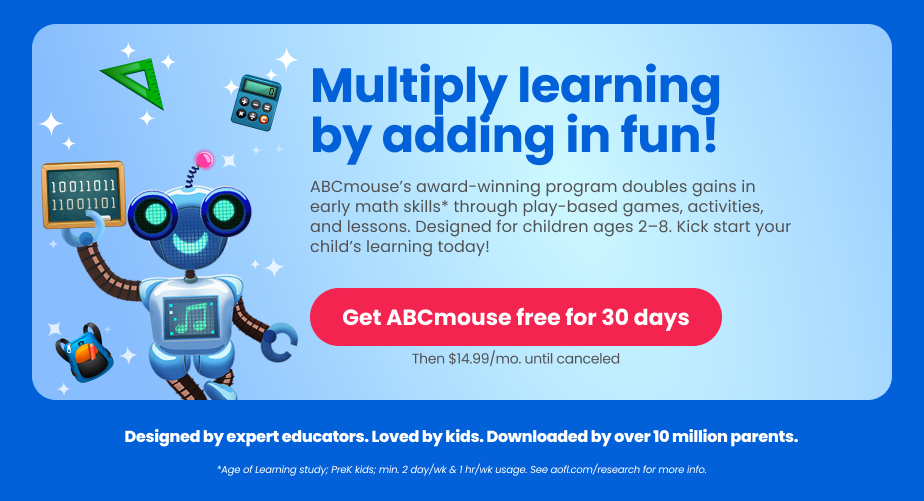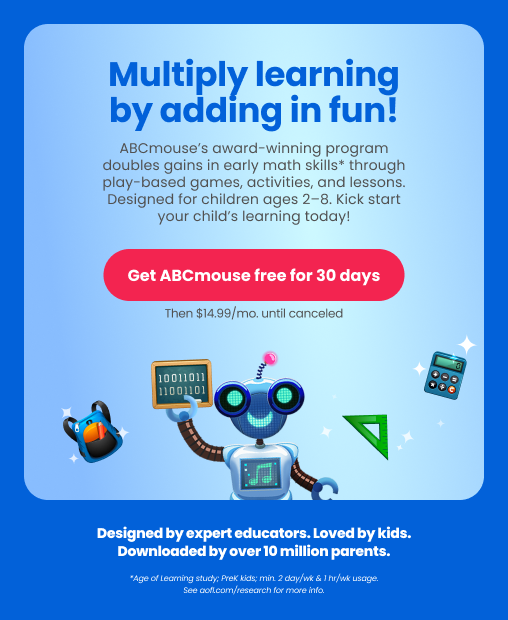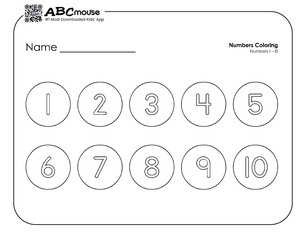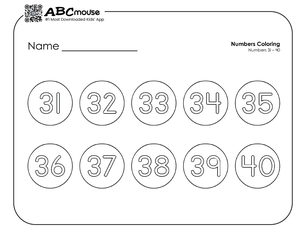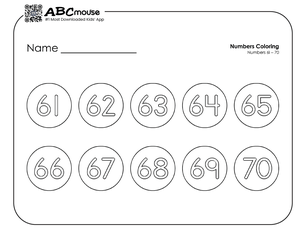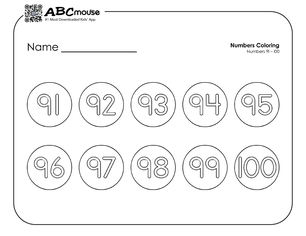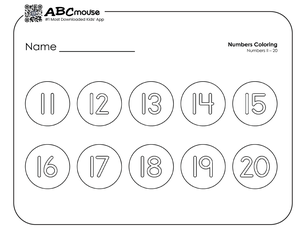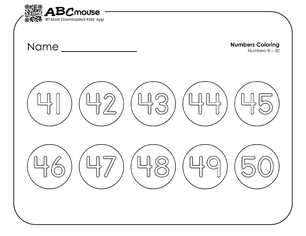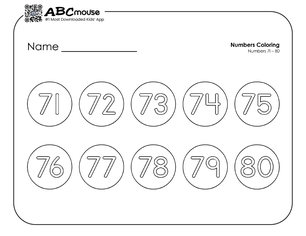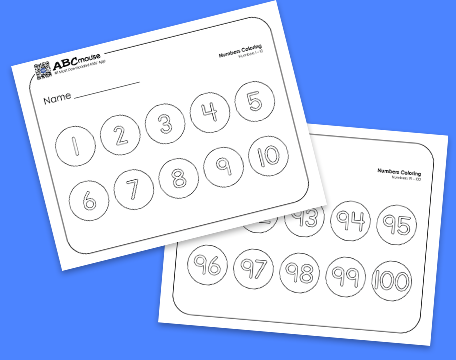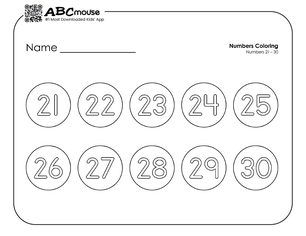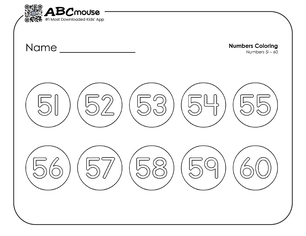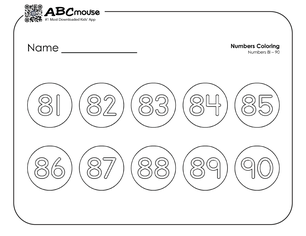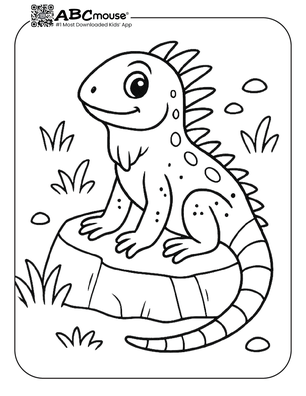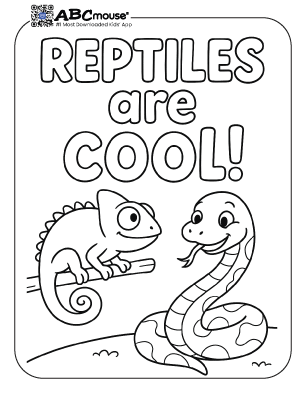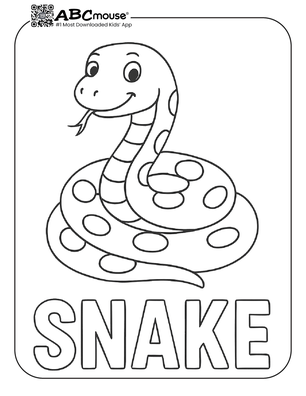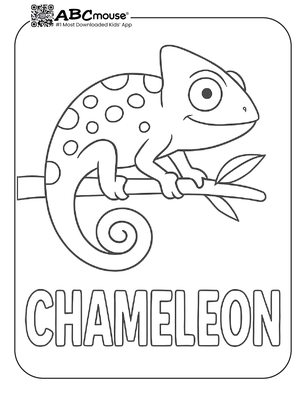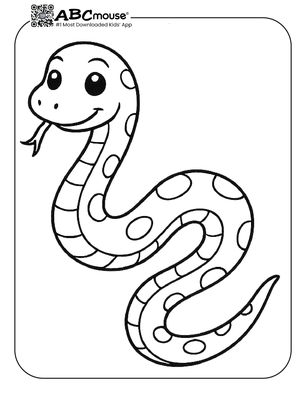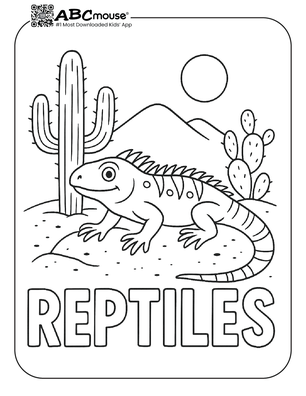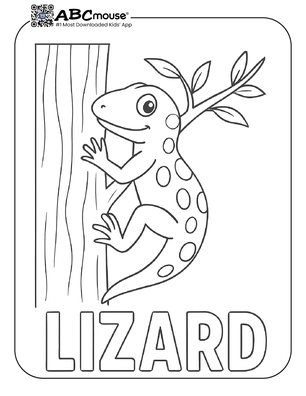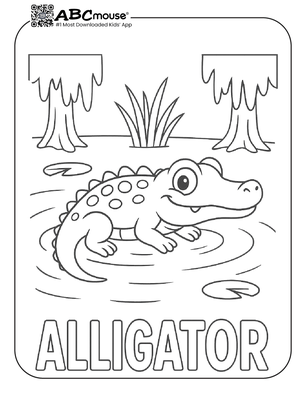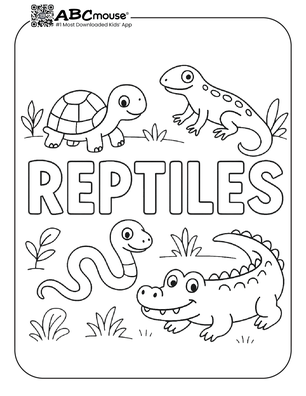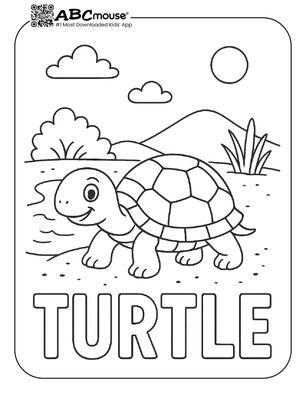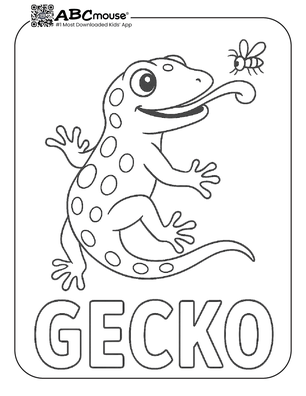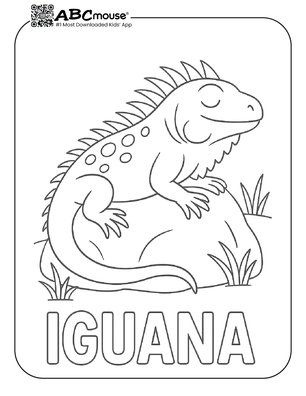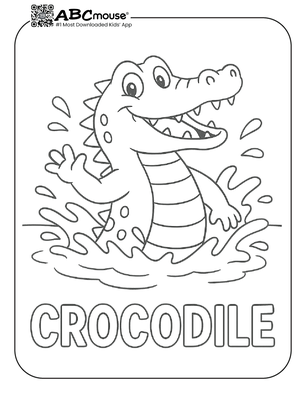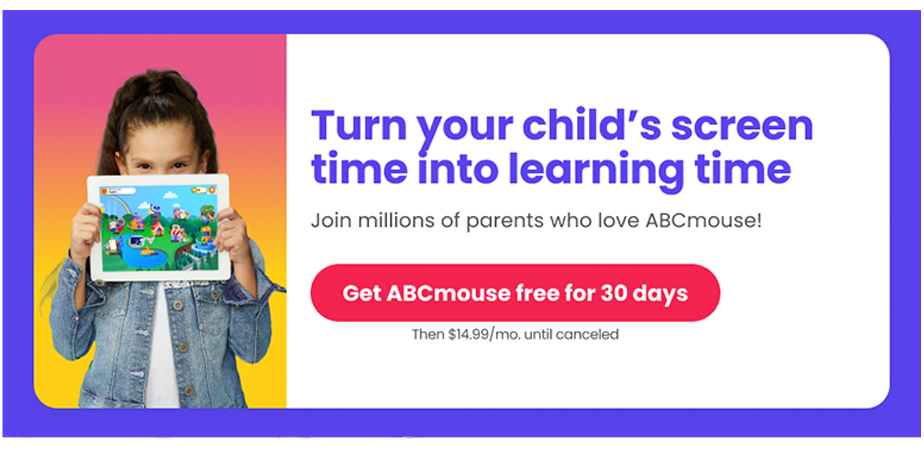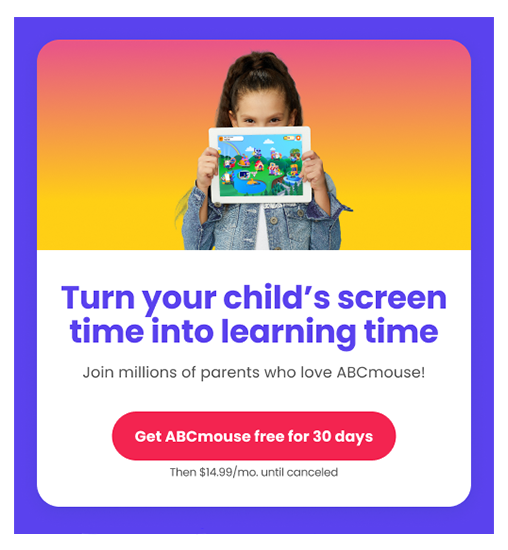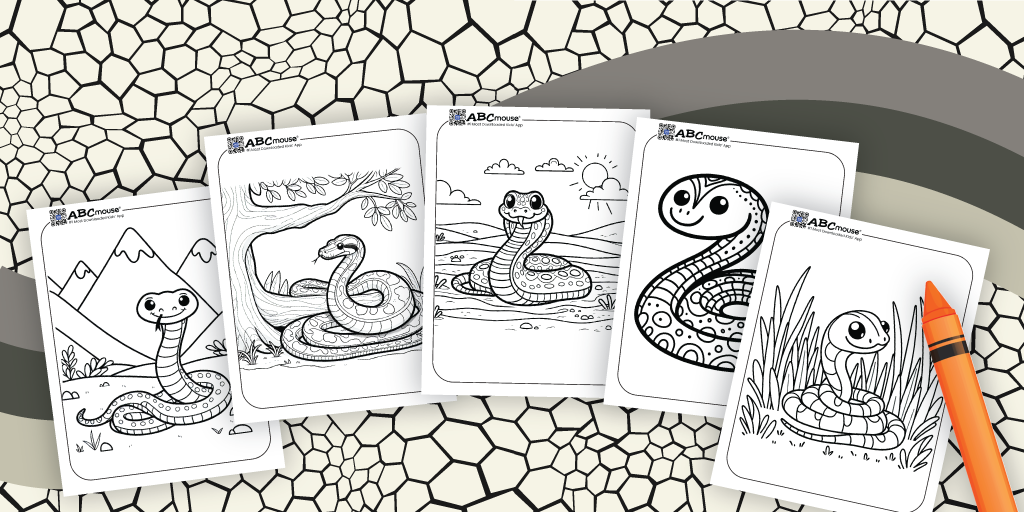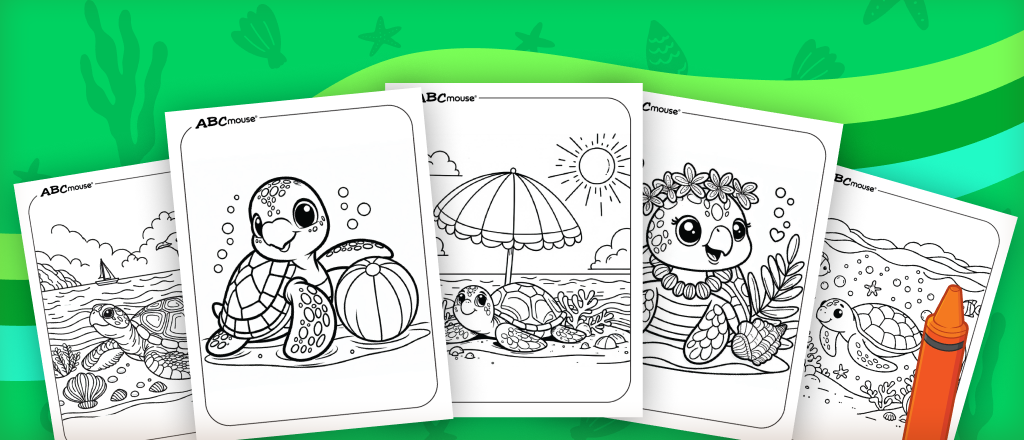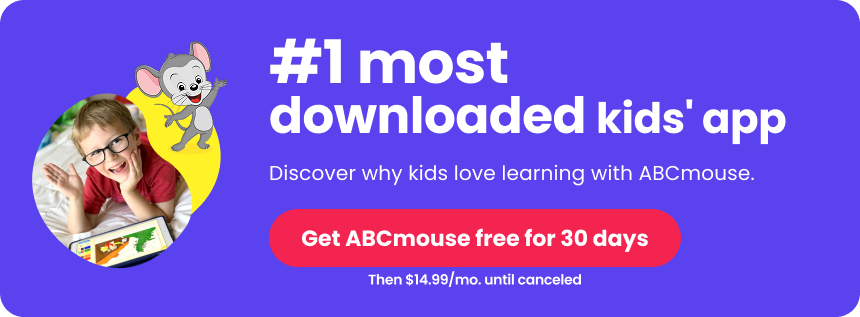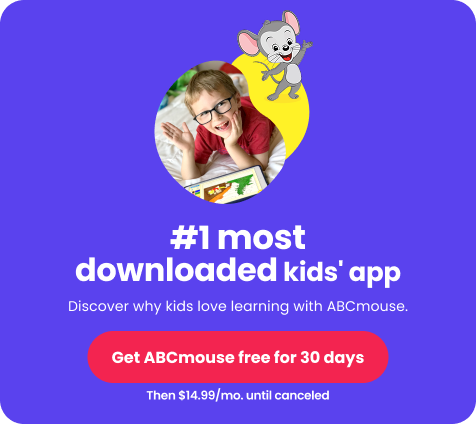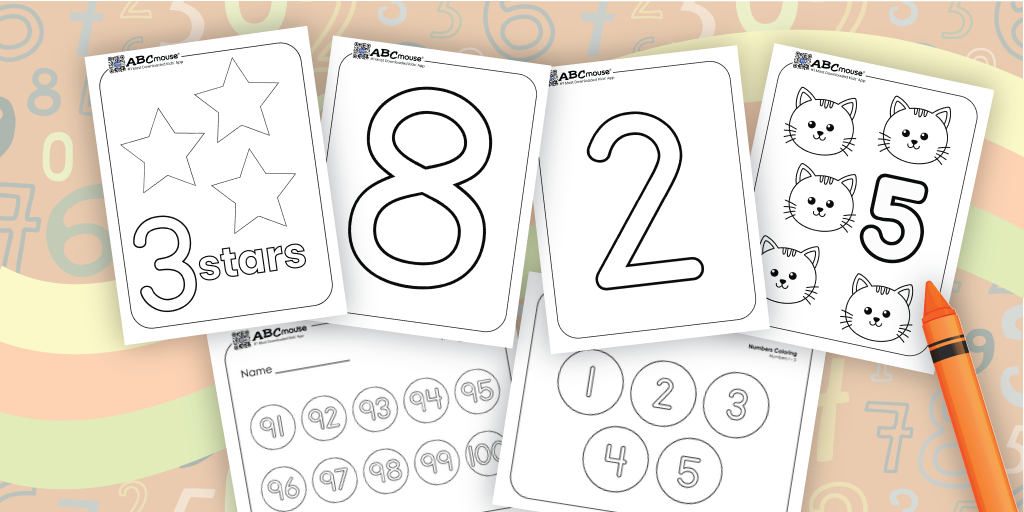
Number Coloring Pages for Kids (Free Printables)
Let’s make numbers fun! Our free printable number coloring pages help kids explore counting from 0 to 100 in a creative, hands-on way—plus, we’ve included fun number groups and themed sets to make learning math even more engaging for young learners.
You can print the full number sets or choose individual number pages to match your child’s learning pace. Whether you’re at home, in the classroom, or need a screen-free activity on the go, these free printable coloring pages are a fantastic way to build early number recognition and counting skills.
Numbers 0-10 Simple Coloring Sheets
Numbers 1-10 Objects and Counting Coloring Pages
Find more number coloring pages below!
Number Groups by Fives Coloring Pages
Find more number coloring pages below!
Number Groups by Tens Coloring Pages
Nifty Number Learning Activities
Recommended for: Kids of all ages
⭐ Sticker Match
Use small stickers (or draw dots with markers) to match the number on each coloring page. For example, if your child colored the number 6, have them place 6 stickers on the page or add 6 colorful circles to the page with crayons or markers.
⭐ Count & Clip
After your child colors a number page, help them practice counting and fine motor skills by clipping clothespins or paper clips to the page—one for each number. For example, if they colored the number 4, they’ll clip 4 clothespins to the edge of the paper. This simple activity helps to reinforce quantity and number recognition.
⭐ Number Scavenger Hunt
Turn learning into a hands-on game! After coloring a number page, challenge your child to find that number of objects around the house or outside. For example, if they colored the number 7, they can collect 7 leaves, 7 blocks, 7 grapes, or 7 buttons. Place the items next to the colored page for a fun counting and matching activity.
Additional Number Learning Resources
Want even more number fun? Check out these helpful resources for teaching and reinforcing early math skills:
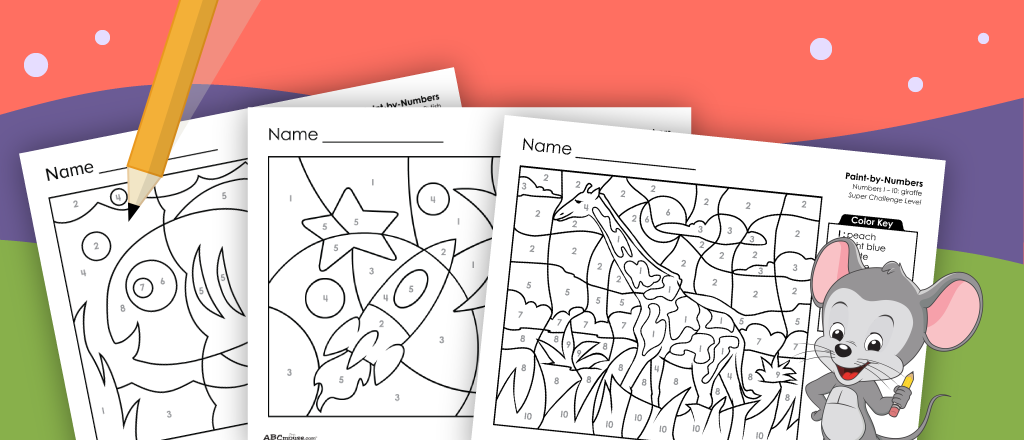
Color by Number Worksheets
A fun and relaxing way for kids to practice number recognition while expressing their creativity.
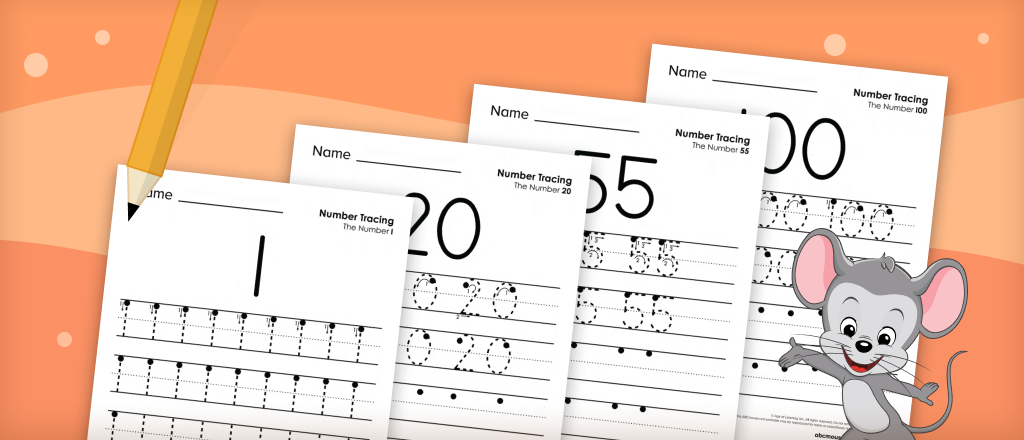
Number Tracing Worksheets
Great for building fine motor skills and helping kids learn to write numbers with confidence.
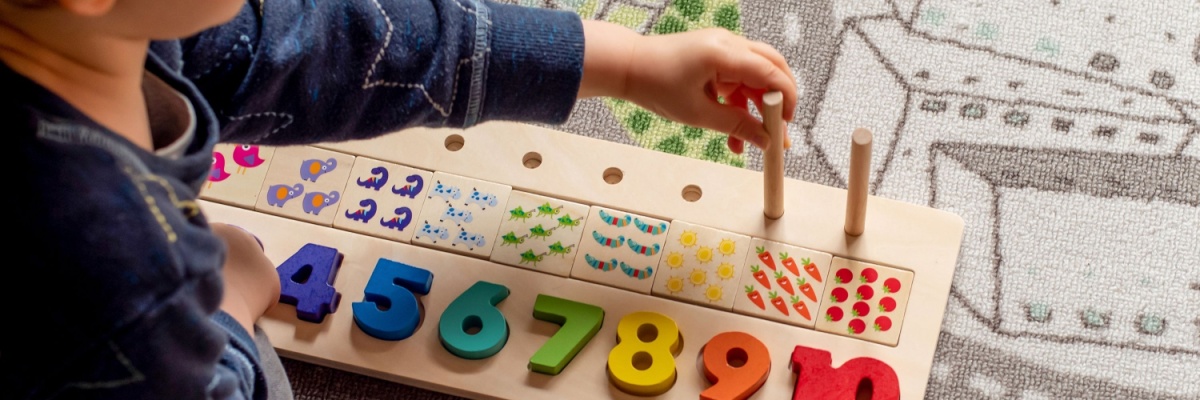
How to Teach Number Recognition to Preschoolers
Packed with simple strategies and playful ideas to help little ones identify and understand numbers.
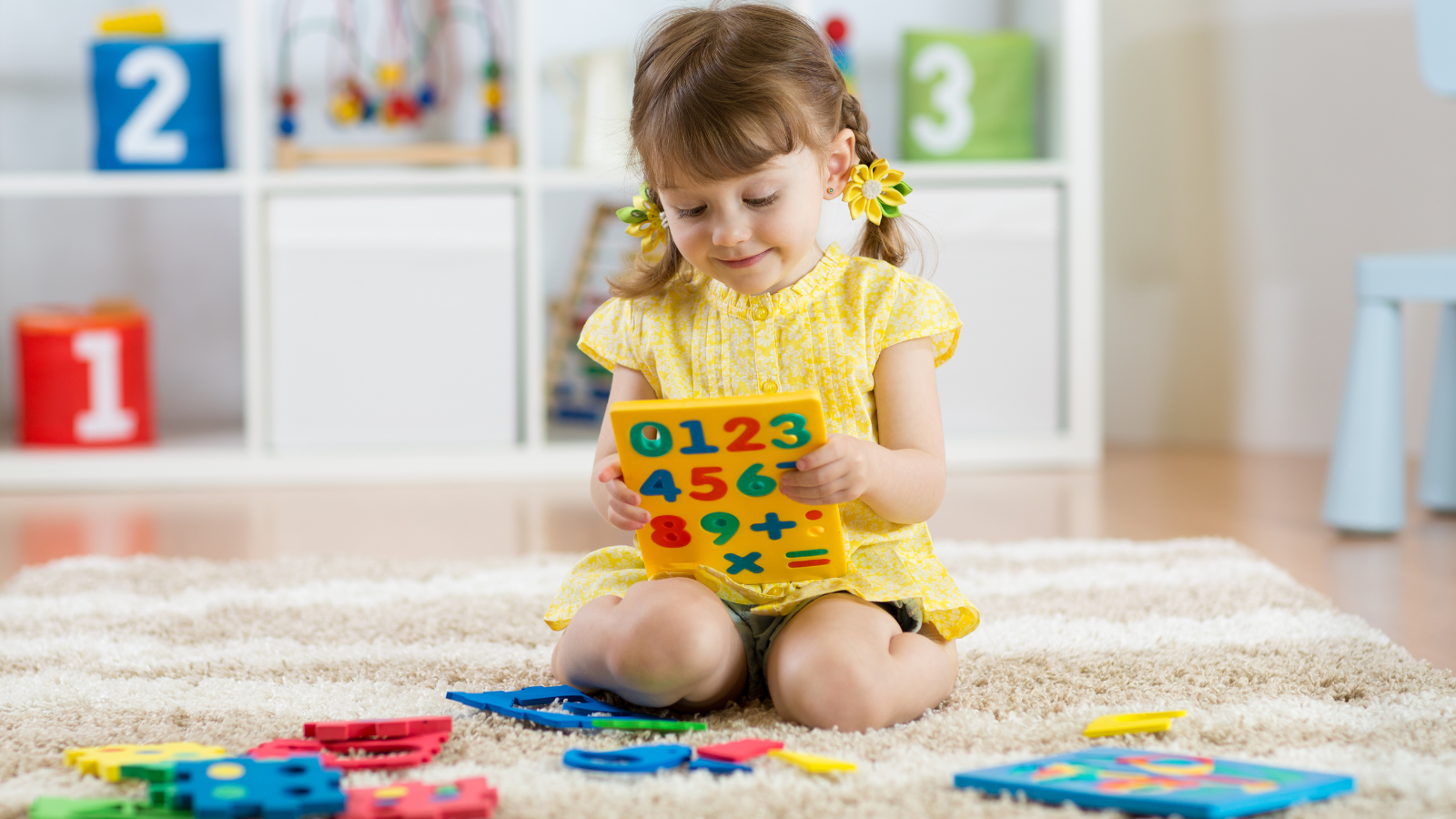
Number & Counting Activities for Preschoolers
Easy-to-do activities that bring numbers to life through play, movement, and exploration.
30 Fun and Engaging Number Sense Activities for Pre-K and Early Elementary
A collection of hands-on games and creative activities that make learning numbers exciting.
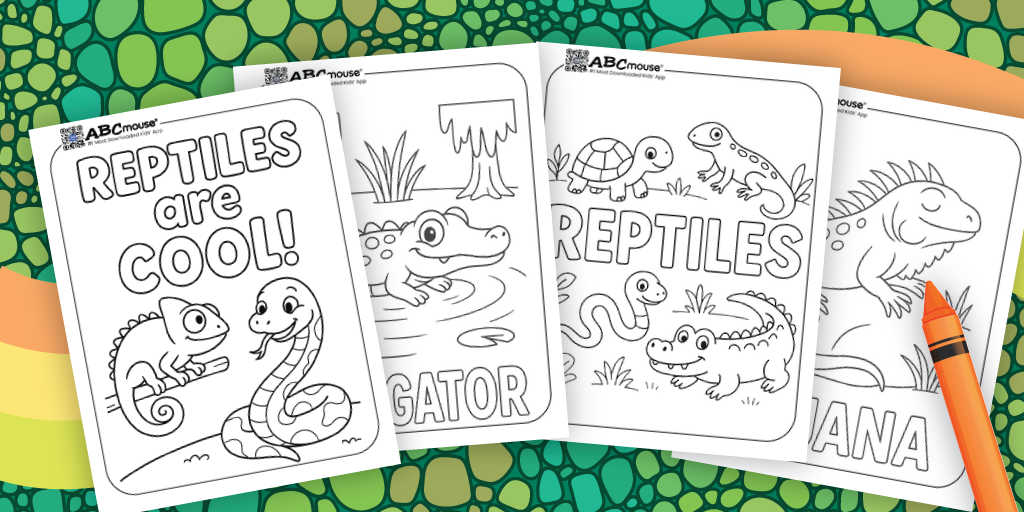
Reptile Coloring Pages for Kids (Free Printables)
Explore the word of reptiles with these free printable reptile coloring pages! Kids can use their favorite colors to bring each creature to life — from sunbathing snakes and lizards to mighty alligators and slow-moving turtles.
These coloring pages are designed for children of all ages, with simple images for younger children and more intricate and realistic pictures for older kids. Print out as many as you’d like for a creative activity at home, a reptile-themed party, or as a fun way to learn about these incredible creatures!
More Reptile Coloring Pages
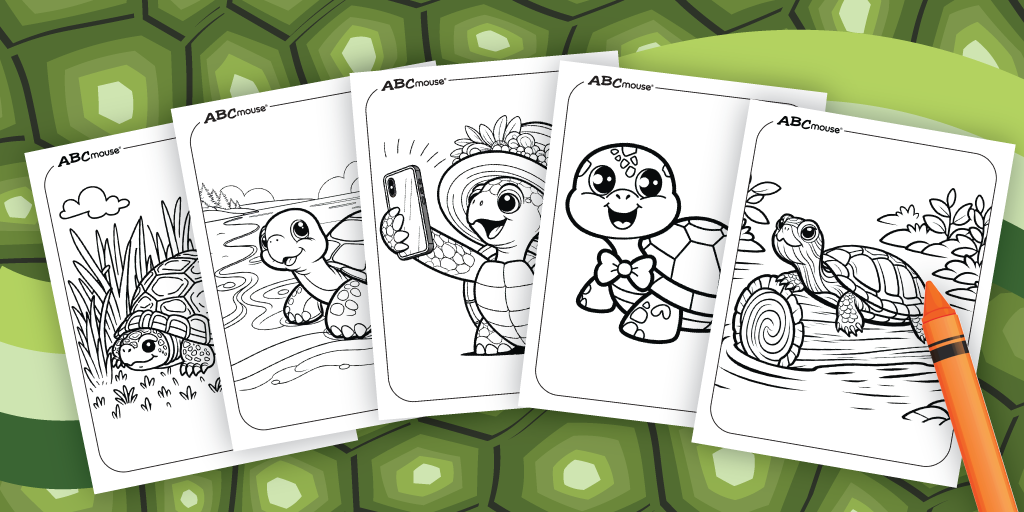
Kids will love coloring charming turtles as they swim through the ocean, rest on sunny shores, or show off their unique patterned shells. Pick from easy or intricate designs to suit every young artist’s style and creativity!
From tiny hatchlings to graceful swimmers gliding through the waves, these sea turtle coloring pages showcase this beloved ocean creature in a variety of fun and creative scenes.

Keep a look out for our frog coloring pages coming soon.
Games with Reptiles
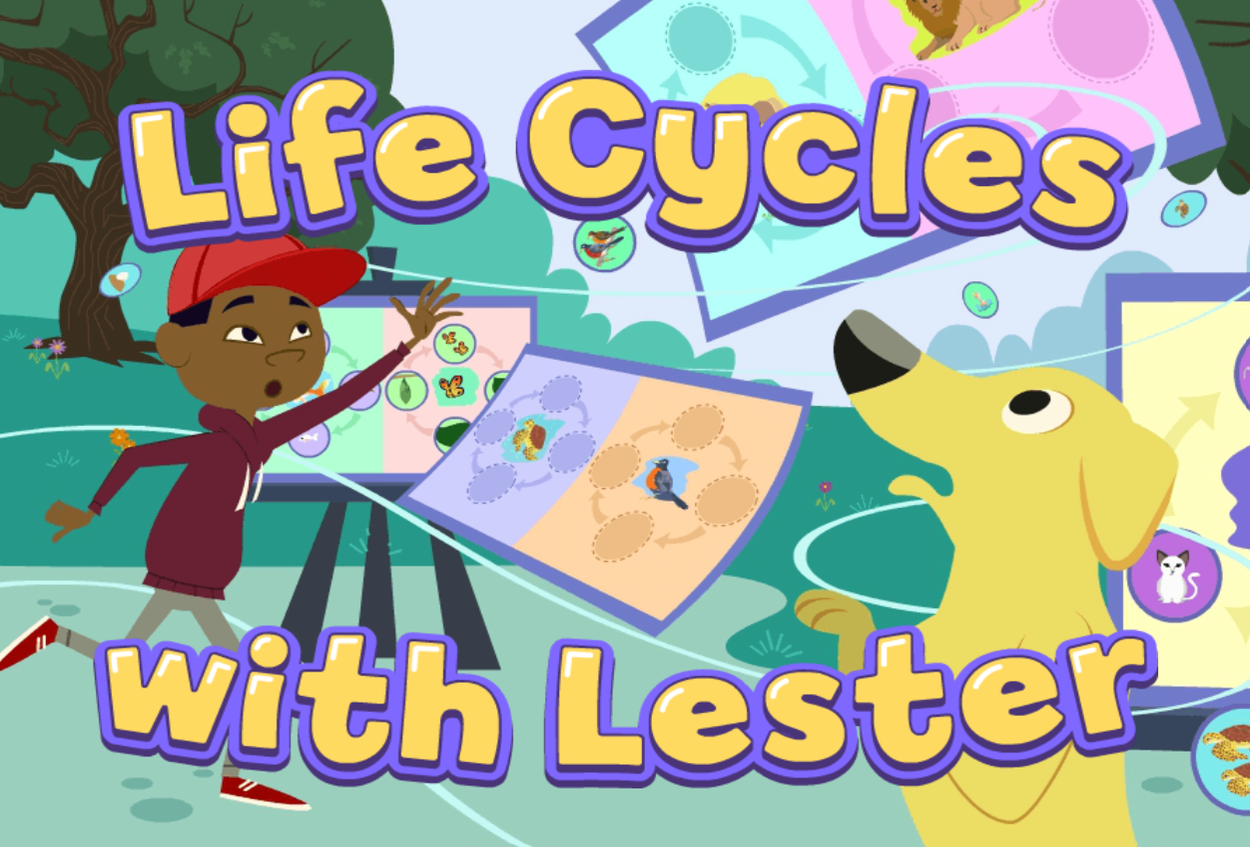
Life Cycles with Lester
Join Lester as you explore the fascinating life cycle of a turtle, from egg to adult. Through interactive gameplay, kids learn each stage of different animals development while building essential science skills.
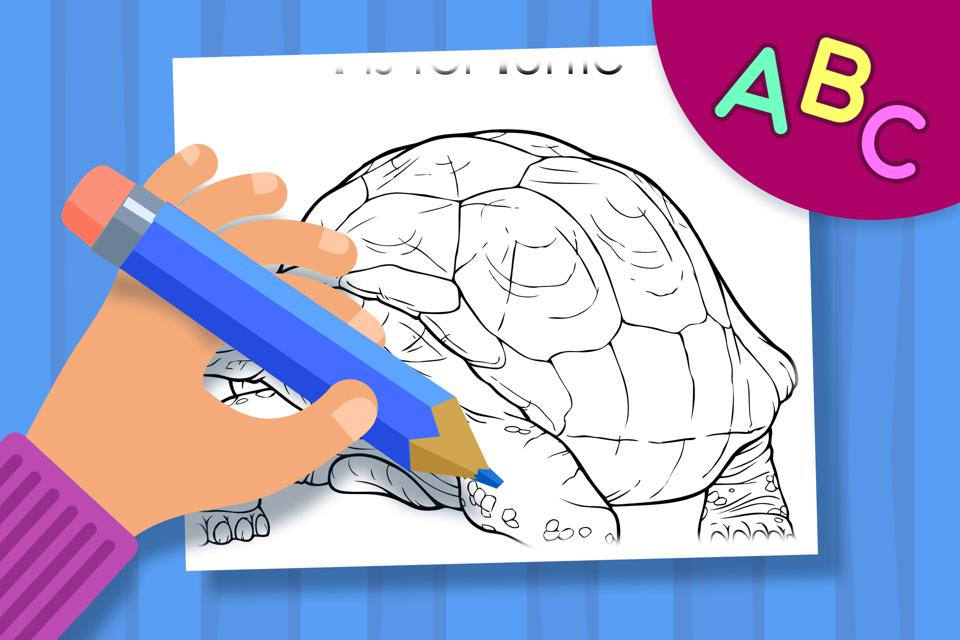
T is for Turtle – Online Coloring Page
Color a friendly turtle while learning the sound of the letter T in this fun and phonics-focused activity. Kids build early reading skills and letter recognition through animal-themed coloring that reinforces vocabulary and concentration.

I is for Iguana – Online Coloring Page
Explore the letter I while coloring a cool iguana—one of nature’s fascinating reptiles. This activity boosts phonics skills and vocabulary as kids connect the /i/ sound with a scaly, real-world animal.

S is for Snake – Online Coloring Page
Color a slithery snake and discover the letter S while learning about this interesting reptile. This engaging activity strengthens /s/ sound recognition and builds vocabulary with a fun, scaly twist.



Beyond Screen Time: ABCmouse Doubles Early Learning Gains in Math and Reading
Research study shows that ABCmouse improves children’s literacy and math skills.
Key Findings: ABCmouse boosts reading and math skills
- Pre-kindergarten children who used ABCmouse for about 3.5 months demonstrated 2.5 times greater growth in their phonological processing skills in comparison to their peers who did not use the program.
- Children who used ABCmouse also demonstrated 1.6 to 2 times greater growth in their quantitative reasoning
and applied math problem solving skills relative to their peers who did not use the program. - 9 out of every 10 parents indicated that ABCmouse had a positive impact on their children, and all parents indicated that they would recommend the program to another friend or a parent.
- In interviews, parents reported that ABCmouse’s combination of engaging interactive content and comprehensive coverage of early learning topics led to observable improvements in children’s foundational skills, especially in literacy, communication, and school readiness.
ABCmouse Research Study Overview
In an era where digital technology permeates every aspect of modern life, early childhood educators and caregivers face a dilemma: how to balance the potential benefits of educational technology with concerns about screen time exposure among young children. While concerns about excessive screen time are well-documented1, emerging research suggests that the quality and the context of digital engagement may be more critical than quantity alone. The American Academy of Pediatrics recommends one hour per day of high-quality programming for preschool-aged children2, and a systematic review of studies of digital intervention for young children found that interactive, educational digital content, when appropriately designed and implemented, can support early literacy and numeracy skills development.3
However, there remains a significant gap in our understanding of how specific digital learning platforms affect developmental outcomes in very young children, particularly those aged 3–5 years. This study examines ABCmouse’s effectiveness as an educational tool for preschool-aged children, used in the home between February to July 2023, during a period of normalized post-pandemic educational practices.
The ABCmouse Program
ABCmouse Early Learning Academy is a comprehensive digital early learning resource for children in preschool, prekindergarten, kindergarten, 1st, and 2nd grades. Informed by research on how young children learn and what motivates them to learn, ABCmouse offers more than 10,000 Learning Activities and 850 lessons encompassing all major academic subject areas, including literacy, math, science, social studies, health, art, and music.
ABCmouse Learning Activities are regularly updated to encourage children to explore new content based on studies demonstrating connections between curiosity, exploration, and learning. Additionally, given the research showing relationships between learner choice and learning, ABCmouse offers games, books, puzzles, songs, and videos that children can choose independently based on their interests, as well as lessons on the Step-by-Step Learning Path, a structured curriculum that provides predesignated activities at the child’s level.
In sum, ABCmouse focuses on making learning fun, fostering children’s curiosity, and promoting their confidence as learners, all of which can contribute to children’s cognitive and socioemotional development. It can be used on smartphones and tablets as an app, as well as on computers through a web browser.
ABCmouse Research Study Participants
In January 2023, Age of Learning researchers recruited a total of 253 children (3-, 4-, and 5-year-olds) through eighteen community organizations, childcare centers, and schools across three cities in California and Texas. Recruitment flyers (English and Spanish) were distributed through principals, community organization leaders, and educators, as well as by a bilingual member of the research team at pick-up and drop-off times at childcare centers. Electronic copies of the flyers, as well as QR codes / links to an online consent form were also distributed, inviting parents to have their child participate in the study. The primary school districts in which the cities are located served student populations comprised of 44–68 percent Hispanic/Latino students, who lived in communities where the median household income ranged from $56,587 to $72,772, and where 86 to 90 percent of the households had broadband internet access.
ABCmouse Research Study Design and Procedures
A total of 25 assessors were recruited across the three sites and trained to administer the Woodcock-Johnson IV (WJIV)4 to participants. The WJIV is a battery of standardized assessments used to evaluate a wide range of cognitive abilities, and we selected 7 assessments targeting foundational literacy and numeracy skills to measure participants’ achievement and cognitive abilities at the beginning and at the end of the 6-month study period. The skills assessed were: letter and word identification (Letter-Word Identification); decoding (Word Attack); phonological processing (Word Access, Word Fluency, Phoneme Substitution); number sense and operational skills, including problem solving and mathematical reasoning (Applied Problems); and pattern and quantitative reasoning (Number Series).
All assessors had at least a bachelor’s degree in education, psychology, or a related field, and all attended two training sessions designed to help them understand the assessment, as well as common issues that may occur while administering the assessments to young children. After each test administration session in the field, the assessors met with the research team to debrief and share best practices. The pretest (Form A) was administered between early February and early March 2023, and the posttest (Form C) was administered between early July and late September.
The study employed a randomized controlled trial design. After pre-assessments were completed at each site, participants of that site were randomly assigned to either use ABCmouse or to continue with their usual afterschool activities, with the randomization process designed to ensure balance between groups based on gender, age, and baseline performance (see TABLE 1 for distribution of children by age across control and treatment groups).

Parents/caregivers in the treatment group were asked to have their child use ABCmouse for at least 15 minutes a day, 4 times a week (or at least 1 hour per week) at home between February and July 2023. They were asked to have their child prioritize completing the activities in a curated playlist of 10 literacy and numeracy activities that were created each week and displayed prominently in a section of the dashboard called “My Lessons.” If they finished everything in the playlist for the week, they were encouraged to go to “My Learning Path” or explore other parts of ABCmouse until the following week, when a new playlist of literacy and numeracy activities became available under “My Lessons.”
Usage was monitored weekly, with email reminders and encouragements to parents / caregivers of participants who were lagging far below the 60-minutes-per-week threshold. Children without access to a tablet and/or internet were provided with the equipment to enable them to participate.
Among the 253 children recruited for the study (121 control, 132 treatment), 100 control children and 110 treatment children had both pre- and post-assessment scores. Six children (2 control, 4 treatment) who required specialized educational support were excluded from analyses, as well as 5 control children who played ABCmouse, resulting in a sample of 93 control and 106 treatment children. Of the 106 students in the treatment group, 96 students were active in the program, averaging 83.81 minutes per active week (SD = 58.56) over 11.14 active weeks (SD = 5.28). They spent on average, 18.1 total hours (SD = 18.94) using ABCmouse and completed an average of 24.79 unique learning activities (SD = 13.5).
Additionally, given the need for adequate, consistent usage of any intervention program in learning, 41 treatment children who did not meet the minimum requirement of using the program an average of 2 days per week were also excluded from analyses. The final analytic sample included 93 control and 55 treatment children. These 55 treatment children who used the program with fidelity averaged 108.94 minutes per week (SD = 65.02) over 13.15 active weeks (SD = 5.25). They spent, on average, 25.77 total hours (SD = 21.61) using the program and completed an average of 29.91 learning activities (SD = 14.3).
ABCmouse Research Study Results
Finding 1: Pre-kindergarten children who used ABCmouse for about 3.5 months demonstrated 2.5 times greater growth in their phonological process skills in comparison to their peers who did not use the program.
Students’ raw scores on each assessment at pre- and post were recorded, and the differences between the postand pre- scores for each assessment were examined. FIGURE 1 below compares the change scores between pre and post for children who used ABCmouse (Treatment, or T) and their peers who did not use the program (Control, or C).
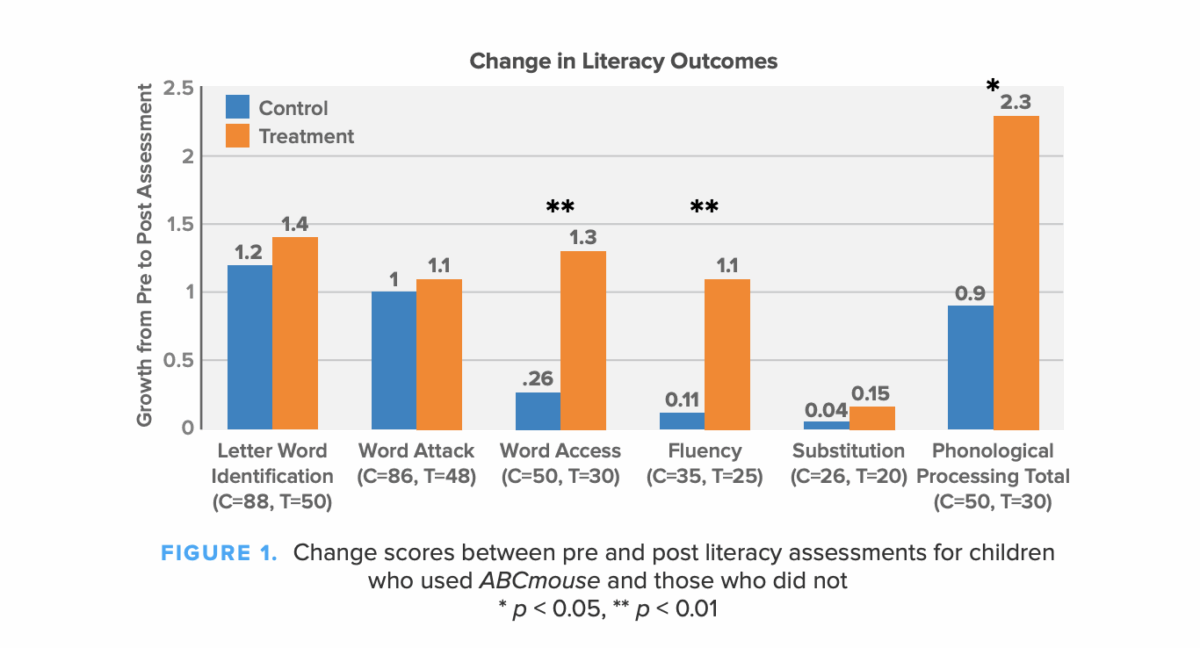
The graph illustrates that children who used ABCmouse showed greater gains across all measured literacy skills compared to the control group, with statistically significant differences in Word Access, Fluency, and Phonological Processing. Focusing specifically on phonological processing skills, ABCmouse users achieved a 2.3-point growth compared to 0.9 points in the control group, a 2.5-fold increase that underscores the program’s effectiveness in developing this set of crucial early literacy skills.
Finding 2: Children who used ABCmouse also demonstrated 1.6 to 2 times greater growth in their applied math problem solving skills and quantitative reasoning relative to their peers who did not use the program.
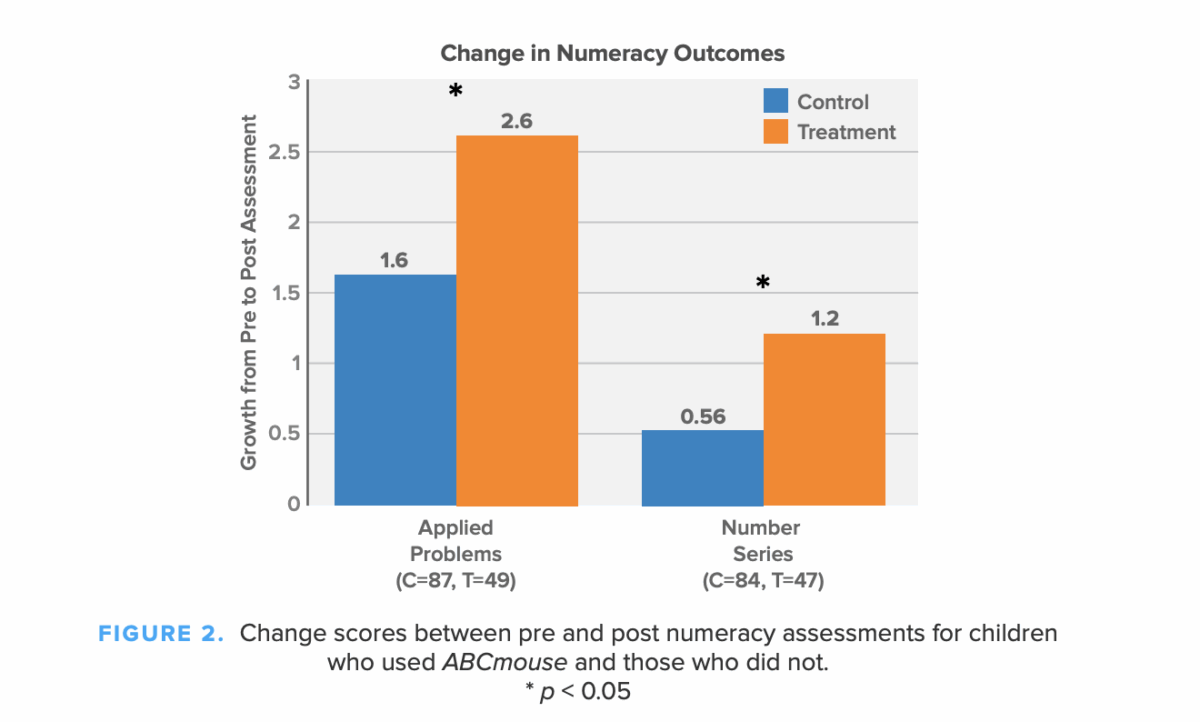
The results indicate that children using ABCmouse significantly enhanced their numeracy skills. In other words, ABCmouse users achieved about 1.6 times greater growth in their ability to analyze and solve practical math problems using mathematical reasoning. They also achieved about 2.1 times greater growth in their ability to solve math problems by finding patterns, working with numbers and quantities, and using logical thinking to figure out new problems they have not seen before.
Finding 3: Nine out of every 10 parents indicated that ABCmouse had a positive impact on their children, and all parents indicated that they would recommend the program to another friend or a parent.
A total of 71 parents/caregivers completed surveys at the end of the study. Nine out of every 10 parents indicated that ABCmouse had a positive impact on their children’s knowledge and skills in literacy, music, and art. FIGURE 3 shows the percent of parents who reported “very positive,” “positive,” or “neither positive nor negative” impact of ABCmouse on various subject areas for their children.
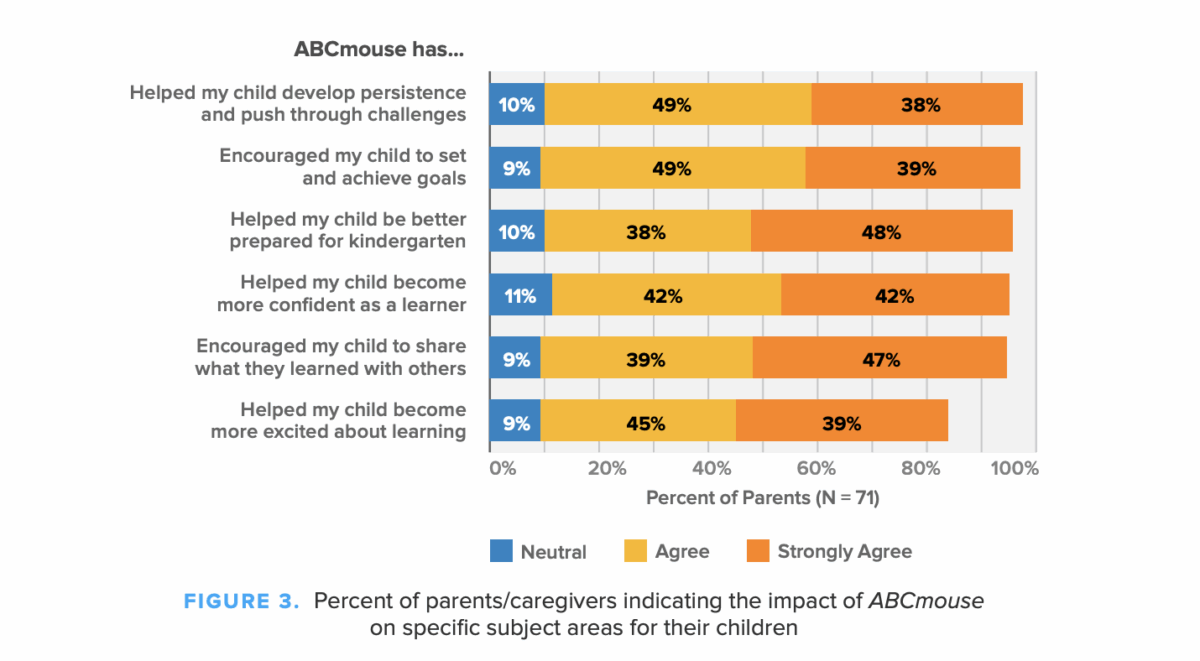
Additionally, at least 8 out of 10 parents / caregivers indicated that ABCmouse helped their child develop confidence and persistence as learners, while helping them to be better prepared for kindergarten. FIGURE 4 shows parents’ reports of how ABCmouse has affected their children’s learning attitudes and readiness, beyond academic skills.
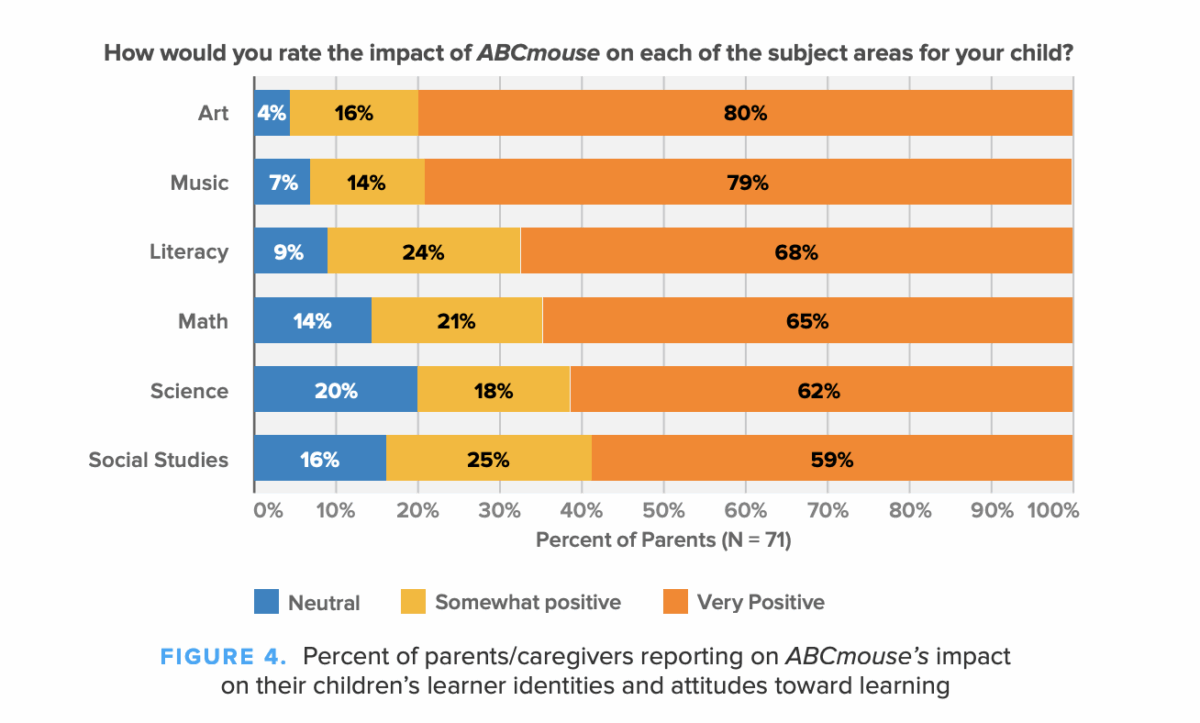
The results demonstrate overwhelmingly positive parental perceptions of ABCmouse’s educational impact, especially in arts and humanities subjects. The fact that zero parents reported negative impacts across any subject areas, and that the lowest rating was neutral, suggests that ABCmouse consistently delivers valuable educational content across all subject areas from parents’ perspective.
What makes these findings especially meaningful is that they address critical non-academic skills (e.g., learning dispositions, learner identities, or academic enablers) which are fundamental to long-term academic success. The high percentage of parents/caregivers reporting improved confidence, persistence, and goal-setting behaviors suggests that ABCmouse helps develop not only knowledge, but also essential learning behaviors and attitudes that will serve children throughout their academic careers.
Finally, all parents/caregivers indicated that they are likely to recommend ABCmouse to a friend or
another parent.
Finding 4: In interviews, parents reported that ABCmouse’s combination of engaging interactive content and comprehensive coverage of early learning topics led to observable improvements in children’s foundational skills, especially in literacy, communication, and school readiness.
Seventeen parents/caregivers volunteered to participate in end-of-study interviews, which provided insight into how both parents and children engaged with ABCmouse.
While parents/caregivers spoke extensively about their children’s enjoyment and engagement with the program, some of the most compelling comments reflected ABCmouse’s impact on learning and development.
One parent/caregiver spoke about her son’s ability to transfer knowledge from the app to real life, demonstrating multiple areas of development (speech, reading, shape recognition):
“He’s identifying different shapes around the house…. So just seeing how he can see it on the tablet and then how he would connect it to real life. It has also helped him a lot with communication …he’s talking to the tablet and talking back to the programs.… he is talking a lot better… and reading too. And it kind of blew my mind because he is pretty much reading now. We’ll go out somewhere and he’s reading off the menu pizza, fries…. So one day I started typing words in the Word document and he was reading them off, colors and numbers and days of the week” (Parent of 3-year-old boy, CA)
FIGURE 5 shows screenshots of several games available in ABCmouse where students practice foundational reading skills.
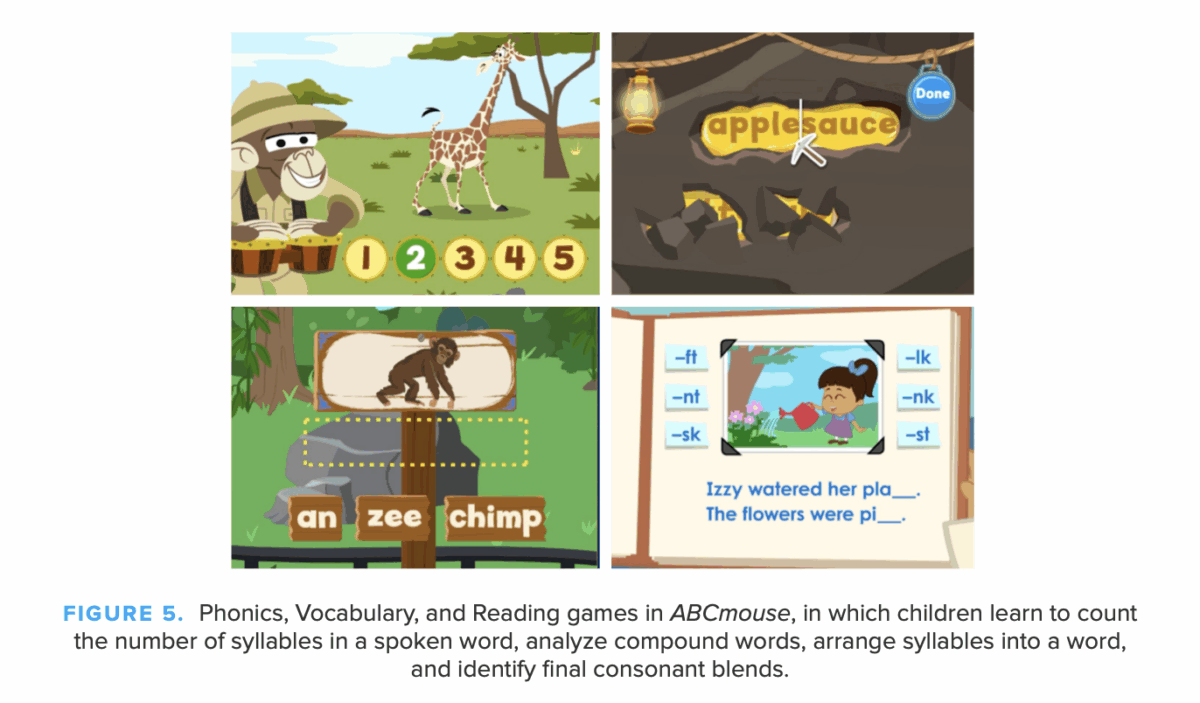
Another parent/caregiver highlighted the power of ABCmouse in translating learning into real-world physical skills and motivation:
“ABCmouse has made it so interesting for her to learn the numbers, to learn her letters. And even right now, I think she’s on the steps where it’s helping her trace the numbers and trace the letters, and she’s picked up more of the pencils and picked up her crayons to want to do more of the letters and the numbers.” (Parent of 4-year-old girl, CA)
This kind of unprompted extension of learning from digital to physical activities is what educators and parents/ caregivers hope to see from educational technology. FIGURE 6 below shows samples of screenshots of content in ABCmouse that encourage active participation and learning through various modalities.
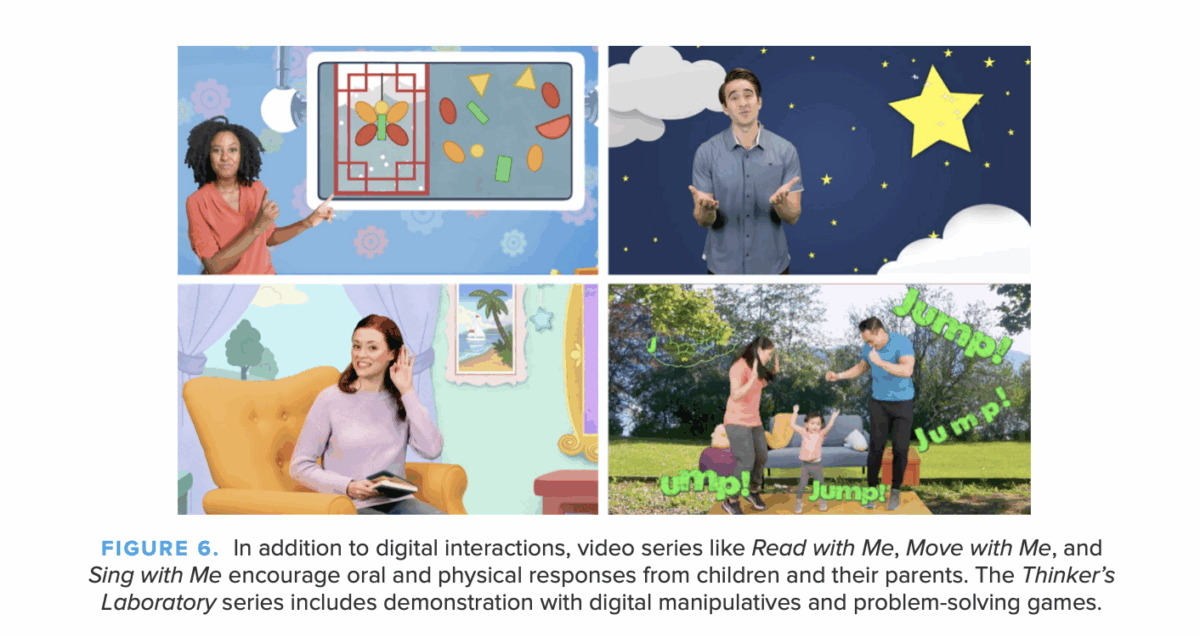
Parents/caregivers also commented on how ABCmouse naturally supports bilingual learning and language development, illustrating its value for diverse populations and its ability to bridge home and school language environments. “She’s bilingual and she would practice more for English, but she would translate it. She’s like, mom, this is in English and in Spanish. And I’m like, okay, you’re learning…. she likes learning both languages” (Parent of 5-year-old girl, TX).
Another parent indicated, “I like the whole program, how it just teaches them different things, patterns, colors, numbers. That’s something, as a parent, you want to teach’em all those things” (Parent of 3- and 4-year-old girls, CA), highlighting the comprehensive skill development that is fostered through using ABCmouse. Rather than focusing narrowly on one area (e.g., letters or numbers), the program takes a holistic approach to early learning, which is more effective for young children’s development. FIGURE 7 shows screenshots of sample ABCmouse games in which concepts are taught in interconnected way rather than in isolation.
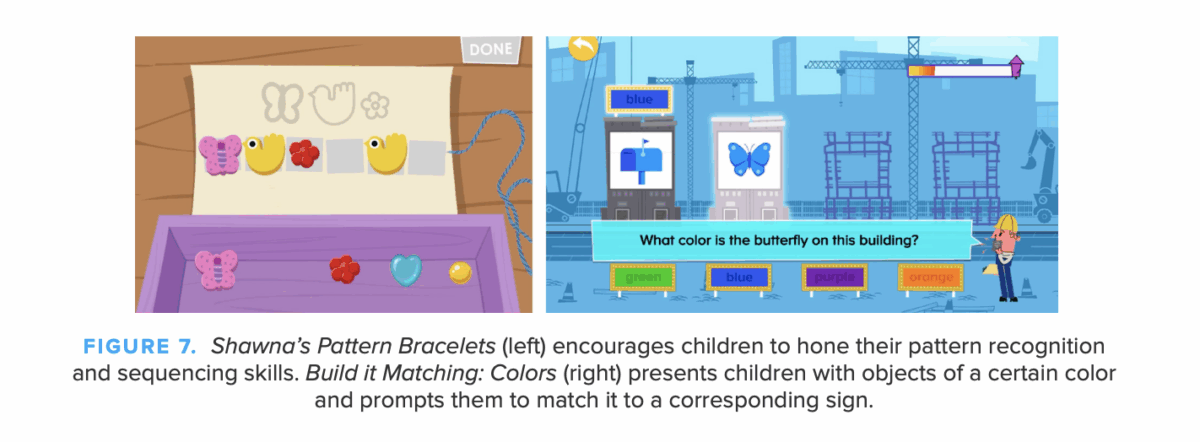
A perhaps unexpected, but valuable benefit of using ABCmouse was that it created opportunities for family learning and sibling interaction. Parents/caregivers reported that their children’s enthusiasm for learning through ABCmouse naturally extended to sharing experiences with siblings and other family members, creating an enriched learning environment at home.
One parent/caregiver described how her child’s learning became a shared experience:
“Her favorite experience is her talking to her sister about it. She’s like, I learned this, I learned…Look. And her sister’s like, oh, can I try it?” (Parent of a 4-year-old girl, CA)
Such observations indicate how digital learning can enhance rather than isolate social interactions and how it can transform individual screen time into shared family learning experiences. They also suggest that ABCmouse not only supports children’s academic growth but also helps create a culture of learning within the home, where knowledge and achievements are shared and celebrated among family members. This kind of family engagement is widely recognized as an important factor in early childhood educational success.
ABCmouse Research Study Conclusion
The results of this study demonstrate that ABCmouse can significantly enhance early learning outcomes when used consistently at home. Children who used ABCmouse showed dramatic improvements across multiple areas, from 2.5 times greater growth in phonological processing to twice the growth in mathematical reasoning compared to their peers. Beyond these academic gains, the program fostered crucial learning behaviors like persistence and confidence, while supporting bilingual development and school readiness.
These findings are particularly significant considering that quality early learning experiences are essential for kindergarten readiness and long-term academic success. While concerns about screen times are valid, this study adds to growing evidence that well-designed educational technology, when used appropriately, can be a powerful tool for both individual and family learning. As families navigate preparing young children for academic success, ABCmouse emerges as a research-validated solution that not only engages children and delivers measurable results but also creates meaningful opportunities for family interaction and collaborative learning.
References:
1. Madigan, S., Browne, D., Racine, N., Mori, C., & Tough, S. (2019). Association between screen time and children’s performance on a developmental screening test. JAMA Pediatrics, 173(3), 244–250.
2. Council on Communications and Media. (2020). Media and young minds. Pediatrics, 146(1), e20201242.
3. Griffith, S.F., Hagan, M.B., Heymann, P., Heflin, B.H., & Bagner, D.M. (2021). Apps as learning tools: A systematic review. Pediatrics, 147(1), e2020015687
4. Schrank, F. A., McGrew, K. S., & Mather, N. (2014). Woodcock-Johnson IV Tests of Cognitive Abilities. Rolling Meadows, IL: Riverside
TM & © 2025 Age of Learning, Inc. All rights reserved. The names of other companies, products, and services are the property of their respective owners
ABCmouse.com Early Learning Academy Adds 2nd Grade Curriculum, Expanding the Leading Educational Resource for 3rd-Grade Readiness
Glendale, Calif., January 10, 2017 – Today, Age of Learning, Inc., announced the launch of a comprehensive 2nd grade curriculum to expand its award-winning ABCmouse.com® Early Learning Academy for children ages 2–8. The expanded curriculum is designed to address the learning needs and interests of 2nd grade students with the goal of preparing them for the critical transition to 3rd grade. To date, more than 10 million children have completed more than 2 billion learning activities on ABCmouse at home, in classrooms, in libraries, and in other community institutions.
The 2nd grade curriculum offers two new levels in the Step-by-Step Learning Path™, providing lessons in five key academic subjects: English language arts, math, social studies, science, and health. ABCmouse now offers more than 8,500 standards-based learning activities and more than 850 lessons.
Designed by a team of learning experts, the 2nd grade curriculum helps children become independent and active readers; apply the five steps of the writing process to produce original essays; develop a solid understanding of fundamental concepts in physical, life, and earth sciences; become familiar with historical, geographic, and cultural aspects of communities, their nation, and the world; and make healthy choices based on an understanding of the systems of the human body.
ABCmouse has expanded its engaging content to address these learning objectives with additional stepped readers spanning the range of second grade reading skills, including 60 new fiction and non-fiction books, many of which offer informational text features. Children can continue to engage with characters they have come to know and love as well as interact with a new cast of inspiring characters, including a superhero quintet called the Write Team and Dr. Deb, a young future doctor who loves to explain how the body works.
“The transition from 2nd to 3rd grade is a critical time in a child’s educational journey,” said Kimberly Oliver Burnim, a National Teacher of the Year awardee and Curriculum Board member at Age of Learning. “The release of these 2nd grade learning activities on ABCmouse will help children build the strong foundation needed to succeed in 3rd grade and beyond.”
Age of Learning regularly partners with independent early education experts to evaluate the effectiveness of ABCmouse. Researchers from leading universities have completed several large-scale research studies with more than 10,000 children globally, including multiple randomized control trials. This growing body of research shows that ABCmouse accelerates learning and helps children make significant gains in early literacy and math skills.
In addition to expanding its curriculum content, Age of Learning is currently developing new products and services to serve schools and districts in the U.S. and globally, and reaching out through its Education Access Initiatives to provide ABCmouse at no cost to more teachers and community institutions such as libraries, public housing facilities, and afterschool programs.
Families can visit www.ABCmouse.com, the Apple iTunes Store, Google Play Store, or Amazon Appstore now to subscribe to ABCmouse ($7.95/month or $79.99/year for up to three children) and have unlimited access to all 8,500+ activities on desktop and laptop computers, iPad and Android tablets, and smartphones. Schools can implement ABCmouse across multiple classrooms or an entire district with an offering that includes professional development for teachers and full home access for students.
School decision makers can visit www.ABCmouseforSchools.com or contact GlobalSchools@AofL.com for more information about implementing ABCmouse across multiple classrooms.
About Age of Learning, Inc.
Age of Learning (www.AgeofLearning.com) is a leading education technology innovator and producer of the multi-award-winning ABCmouse.com Early Learning Academy (www.ABCmouse.com), serving millions of children. Based in Los Angeles, the company blends education best practices, innovative technology, and insightful creativity to bring learning to life for children across the U.S. and around the world. Age of Learning’s content provides young learners, their families, and teachers with highly engaging and effective learning tools and a comprehensive curriculum that build a strong foundation for academic success. Recognized as the No. 1 digital learning resource for children ages 2–8, ABCmouse is regularly ranked as a leading children’s learning iPad, iPhone, and Android app in both Kids and Education categories; to date, children have completed more than 2 billion ABCmouse learning activities. The company’s Education Access Initiatives reach millions of children by offering the full award-winning ABCmouse curriculum at no cost to teachers and community institutions such as libraries, Head Start programs, and community centers—including public housing authorities and afterschool programs. Age of Learning launched ABCmouse for Schools (www.ABCmouseforSchools.com) in 2016 to meet the needs of school districts and school groups in the U.S. and internationally.
ABCmouse Brings Master Teachers and Daily Classroom Instruction into the Home with the Launch of My ABCmouse Classroom Live!
Los Angeles, Calif., September 23, 2020 – Age of Learning, Inc., the education innovator behind ABCmouse Early Learning Academy, today announced the launch of My ABCmouse Classroom Live!, an engaging new learning experience within ABCmouse featuring a daily schedule of video lessons from master teachers streamed on demand and curriculum-based instruction and activities to help children learn independently at home.
This new service, exclusively available to ABCmouse users as a value-added feature at no additional cost, was inspired by the current unprecented times in children’s education. With parents and caregivers across the U.S. juggling the demands of work while trying to meet the educational needs of their children, My ABCmouse Classroom Live! provides a new, safe, and trustworthy learning experience for ABCmouse families.
As in a real classroom, each week focuses on what curriculum experts call a “Big Idea,” such as community, responsibility, change, communication, and cooperation. Experienced educators thoughtfully instruct students in reading, math, social studies, and science explorations tied to each week’s Big Idea as students learn, think, draw, exercise, sing, laugh, and more.
Each daily class contains more than an hour of high-quality, engaging, concentrated learning as part of an expertly designed curriculum that addresses standards-based educational objectives. After a teacher-student video segment, which can be streamed on demand at any time and allows the teacher to get the students off to a good start each day, students complete independent learning activities including interactive games, art, puzzles, and offline activities related to the week’s Big Idea.
“At a time when it’s more critical than ever to support children’s individual learning at home, My ABCmouse Classroom Live! meets kids and their parents in the moment with these valuable classes,” said Paul Candland, CEO of Age of Learning. “Experienced teachers make it feel like real in-classroom instruction, right in the home, and their expertly designed classes follow the pattern that young children are used to in school.”
Visit www.ABCmouse.com to learn more.
About ABCmouse
ABCmouse is the leading and most comprehensive digital learning resource for children ages 2–8, with more than 10,000 Learning Activities and 850 lessons. Large-scale research studies show that ABCmouse accelerates learning and helps children make significant gains in early literacy and math skills. To date, children have completed more than 7 billion ABCmouse Learning Activities.
About Age of Learning, Inc.
Age of Learning® , is a leading education technology innovator, creating engaging and effective learning resources to help children build a strong foundation for academic success. Based in Los Angeles, the company is Bringing Learning to Life® by blending educational expertise, innovative technology, and insightful creativity. Age of Learning’s flagship product in the U.S., ABCmouse.com® Early Learning Academy, is a comprehensive curriculum for preschool through second grade, available on all major digital platforms and used by tens of millions of children to date. In 2019 the company launched Adventure Academy™, the first AAA educational massively multiplayer online game (MMO), serving elementary- and middle-school-aged children with thousands of learning activities in a fun and safe virtual world. Connect with Age of Learning at www.AgeofLearning.com or on LinkedIn, Twitter, YouTube, and Facebook.
ABCmouse® and ReadingIQ™ Partner with MetaMetrics® to Include Lexile® Reading Level Measures, Helping Millions of Children Build a Love of Reading and Stronger Literacy Skills
Durham, N.C., and Los Angeles, February 5, 2019 – MetaMetrics and Age of Learning, Inc., announced today that Age of Learning’s ABCmouse.com Early Learning Academy, the leading digital learning resource for children, and ReadingIQ, a world-class digital library with thousands of titles for kids 12 and under, now include Lexile measures for their digital books. This partnership enables educators and families to easily find books for every child’s individual reading level, based on the widely adopted Lexile reading metric.
Reading is a foundational step in education, yet 63 percent of U.S. fourth graders are not reading at grade level, according to the Nation’s Report Card. A recent Age of Learning study found that children don’t spend enough time reading outside of school, and two-thirds of parents don’t know their child’s reading level, making it difficult to provide appropriate reading materials.
The Lexile metric’s leveling system helps teachers and parents find books that are at an appropriate reading level for their children. An estimated 35 million children in the U.S., including more than half of all elementary students, receive Lexile measures from national, state, and local tests.
The integration of the Lexile framework into ABCmouse and ReadingIQ makes these programs even more powerful resources for the millions of families and teachers who use them to find books to engage and delight young readers.
“Age of Learning’s ABCmouse and ReadingIQ help educators and parents instill a love of reading in children,” said Malbert Smith, CEO, president, and co-founder of MetaMetrics. “With Lexile measures incorporated into these products, educators and parents are empowered with valuable information to ensure their children are connected with appropriately leveled books for building strong literacy skills.”
Age of Learning recently launched ReadingIQ, an advanced digital library that gives families and teachers access to thousands of high-quality, high-interest books for children ages 12 and under. Age of Learning’s flagship product ABCmouse offers more than 10,000 engaging learning activities that encompass all key academic subject areas for children ages 2–8, including thousands of books. Leading education researchers have completed several large-scale studies, including multiple randomized control trials, that show ABCmouse accelerates learning and helps children make significant gains in key early literacy skills.
In both ReadingIQ and ABCmouse, users can set the Lexile ranges to offer children the option of choosing books that correspond to their Lexile scores.
“ReadingIQ is a uniquely powerful tool that allows me to meet the diverse needs of my students,” said Vicki Fishman, an elementary school teacher from California. “My students have greater success with books that are matched to their abilities. By using ReadingIQ’s leveling feature, I can differentiate for the varied levels in my class and help students find the joy in reading.”
About MetaMetrics
MetaMetrics is focused on improving education for learners of all ages and ability levels. The organization develops scientific measures of academic achievement and complementary technologies that link assessment results with real-world instruction. MetaMetrics’ products and services for reading (The Lexile Framework® for Reading, El Sistema Lexile® para Leer) and mathematics (The Quantile Framework® for Mathematics) provide unique insights about academic ability and the potential for growth, enabling individuals to achieve their goals at every stage of development. Connect with the organization at metametricsinc.com/blog.
About Age of Learning, Inc.
Age of Learning is a leading education technology innovator, creating engaging and effective learning resources to help children build a strong foundation for academic success. Based in Los Angeles, the company blends educational expertise, innovative technology, and insightful creativity to Bring Learning to Life®. Age of Learning’s flagship product in the U.S., ABCmouse.com® Early Learning Academy, is a comprehensive curriculum for preschool through 2nd grade, available on all major digital platforms and used by millions of children. Age of Learning recently launched ReadingIQ™, an advanced digital library for children 12 and under designed by literacy experts, with thousands of high-quality books from leading publishers, including the largest collection of National Geographic Kids digital titles available anywhere. Connect with Age of Learning on LinkedIn, Twitter, YouTube, and Facebook.
Age of Learning Offers Comprehensive Kindergarten Readiness Resources to Families and Educators
GLENDALE, Calif., April 21, 2016 – Recognized as the No. 1 digital learning resource for young children, the award-winning ABCmouse.com Early Learning Academy has become a trusted curriculum for millions of parents and more than 65,000 teachers across the United States. To further support families and early childhood educators in preparing children for kindergarten, Age of Learning, Inc., the creator of ABCmouse, today released an unprecedented, comprehensive analysis of Kindergarten Readiness standards across all 50 states. The Kindergarten Readiness Report, available at www.ageoflearning.com/KR, reveals substantial common ground among state Kindergarten Readiness standards, with 15 specific skills that 85 percent or more of states would like to see children acquire before entering kindergarten.
Based on the common standards identified in the Kindergarten Readiness Report, Age of Learning has developed and today also announced the launch of an in-depth Kindergarten Readiness assessment, which parents can use with the ABCmouse curriculum to help better prepare children for kindergarten. With more than 7,000 learning activities and 650 lessons, ABCmouse is available on computers, tablets, and smartphones and is used by millions of children at home, in more than 65,000 U.S. classrooms, and in more than one third of all U.S. public libraries. Large-scale research studies assessing the effectiveness of ABCmouse have concluded that ABCmouse accelerates learning and helps children make significant gains in early literacy and math skills.
Available in a new ABCmouse Assessment Center, the easy-to-use Kindergarten Readiness assessment was developed with guidance from the leading education and assessment research organization SRI International, and from the independent research institution NORC at the University of Chicago.
Academic areas covered in the assessment include Language, Literacy, and Math—domains in which 100 percent of the 50 states have established specific Kindergarten Readiness standards. To learn more about the ABCmouse Assessment Center, visit www.abcmouse.com/take-intro-assessment.
“Kindergarten Readiness is a critical indicator of long-term success in school,” explained Dr. Rebecca Palacios, a National Teachers Hall of Fame Inductee, National Board Certified Teacher, and Curriculum Board member at Age of Learning. “The ABCmouse Assessment Center empowers parents and caregivers to be effective first teachers, by helping them to evaluate and develop their children’s school preparedness skills in a fun and engaging way.”
ABCmouse Assessment Center features include
- A comprehensive preschool academic skills assessment, composed of 11 Language, Literacy, and Math skills that can be taken as one assessment or as 11 individual assessments
- A comprehensive kindergarten academic skills assessment, composed of 12 Language, Literacy, and Math skills that can be taken as one assessment or as 12 individual assessments
- Customized lessons targeted to help a child improve in specific skill areas identified by the assessments for further practice
- Unlimited access to the assessments for up to three children, including tracking for each child on comprehensive academic skills assessments, as well as on individual reading, oral language, and math skills
- A user-friendly interface with clear, color-coded tables, charts, and graphs that present and illustrate assessment results
About Age of Learning, Inc.
Age of Learning (www.AgeofLearning.com) is a leading education technology innovator and producer of the multi-award-winning ABCmouse.com Early Learning Academy (www.ABCmouse.com), serving millions of children. Based in Los Angeles, the company blends education best practices, innovative technology, and insightful creativity to bring learning to life for children across the U.S. and around the world. Age of Learning’s content provides young learners, their families, and teachers with a comprehensive curriculum that includes thousands of highly engaging and effective learning activities that build a strong foundation for academic success.
Recognized as the No. 1 digital learning resource for children ages 2–7, ABCmouse is regularly ranked as the leading children’s learning iPad, iPhone, and Android app in both the Kids and Education categories; to date, children have completed more than 1.6 billion ABCmouse learning activities. The company’s Education Access Initiatives reach millions of children by offering the full award-winning ABCmouse curriculum at no cost to teachers and community institutions such as libraries, Head Start programs, and community centers—including public housing authorities and after-school programs.
ABCmouse.com Early Learning Academy Ages Up with New Comprehensive 1st Grade Curriculum
GLENDALE, Calif., January 21, 2016 – Today Age of Learning, Inc., announced a significant expansion of its award-winning ABCmouse.com Early Learning Academy: the addition of a comprehensive supplementary 1st grade curriculum with more than 2,000 new learning activities and a new 1st grade classroom experience. ABCmouse is used by millions of children at home, in more than 60,000 U.S. classrooms, and in more than 25% of all U.S. public libraries.
Recognized as the No. 1 digital learning resource for children ages 2–7, ABCmouse is regularly ranked as a leading children’s learning iPad, iPhone, and Android app in both Kids and Education categories; to date, children have completed more than 1.5 billion ABCmouse learning activities. With this new launch, ABCmouse now offers more than 650 lessons and 7,000 standards-based activities.
The enhanced ABCmouse curriculum was developed in close collaboration with the company’s Curriculum Board of nationally recognized educators and experts in language development, child development, early learning and primary grades curriculum and instruction, and publishing. The 180 new 1st grade lessons comprise two new levels (7 and 8) of the Step-by-Step Learning Path™ and cover five academic subjects: English language arts, math, social studies, science, and health. Tailored specifically to align with state curriculum standards and the learning needs and interests of 1st graders, the engaging content features hundreds of new fiction and nonfiction books, a set of 50 stepped readers, and an all-new series of learning videos starring a cast of fascinating and fun animated characters.
“Since the launch of ABCmouse, parents and teachers have eagerly asked us when the product would be expanding beyond kindergarten,” said Age of Learning founder and CEO Doug Dohring. “While the release of 1st grade content is a significant achievement in itself, it is just the latest step in our ongoing development of ABCmouse and a continuation of our mission to help all children learn. We are delighted that so many more young learners will now have the opportunity to build a strong foundation for their future academic success.”
“The ABCmouse 1st grade curriculum is bursting with rich activities that will keep children deeply engaged in and excited about learning,” explained Kimberly Oliver Burnim, a National Teacher of the Year recipient, National Board Certified Teacher, and Curriculum Board member at Age of Learning. “It is an ideal resource for teachers and parents to help children build essential skills and knowledge for 1st grade.”
Large-scale research studies assessing the effectiveness of ABCmouse.com have concluded that ABCmouse accelerates learning and helps children make significant gains in early literacy and math skills.
Families can visit www.ABCmouse.com, Apple’s iTunes Store, the Google Play Store, or the Amazon Appstore now to subscribe to ABCmouse ($7.95/month or $79.99/year for up to three children) and have unlimited access to all 7,000+ activities, including 1st grade, on all compatible devices: desktop and laptop computers, iPad and Android tablets, and smartphones.
Reflecting the company’s commitment to help all children learn regardless of their circumstances, Age of Learning’s Education Access Initiatives reach millions of children by offering the complete ABCmouse curriculum, including the expanded 1st grade content, at no cost to teachers and community institutions such as libraries, Head Start programs, and community centers.
About Age of Learning, Inc.
Age of Learning (www.AgeofLearning.com) is a leading education technology innovator and producer of the multi-award-winning ABCmouse.com Early Learning Academy (www.ABCmouse.com), serving millions of children. Based in Los Angeles, the company blends education best practices, innovative technology, and insightful creativity to bring learning to life for children across the U.S. and around the world. Age of Learning’s content provides young learners, their families, and teachers with highly engaging and effective learning tools and a comprehensive curriculum that build a strong foundation for academic success.
Recognized as the No. 1 digital learning resource for children ages 2–7, ABCmouse is regularly ranked as a leading children’s learning iPad, iPhone, and Android app in both Kids and Education categories; to date, children have completed more than 1.5 billion ABCmouse learning activities. The company’s Education Access Initiatives reach millions of children by offering the full award-winning ABCmouse curriculum at no cost to teachers and community institutions such as libraries, Head Start programs, and community centers—including public housing authorities and after-school programs.
Age of Learning Joins White House ConnectHome Initiative to Bridge the Digital Divide
GLENDALE, Calif. (July 15, 2015) – Today, Age of Learning, Inc. announced it would make its award-winning ABCmouse.com Early Learning Academy curriculum available free to tens of thousands of low-income families as part of ConnectHome, a new White House initiative that brings together communities, the private sector, and federal agencies to increase access to digital learning and information resources to families across the country.
ConnectHome will provide high speed broadband, technical training, digital literacy programs, and devices for residents in assisted housing units. As a partner in this pilot program, Age of Learning will make its award-winning ABCmouse.com Early Learning Academy curriculum available for free to families living in public housing in twenty-seven cities and one tribal nation, serving up to 65,000 children ages 2–7 each year. ABCmouse.com will be made available on computers and tablets through a wide range of access points, including computer rooms and learning centers in and near public housing facilities.
Used by millions of children, ABCmouse.com is the leading and most comprehensive digital education resource for young learners, comprising more than 5,000 learning activities that encompass reading and language arts, math, science, social studies, health, art, and music. Research studies have found that ABCmouse.com significantly accelerates learning, helping children make meaningful gains on key early literacy and math skills. To date, children have completed more than one billion ABCmouse.com learning activities.
“We are proud to support this crucial initiative to bridge the digital divide for tens of thousands of children nationwide,” said founder and CEO Doug Dohring. “At Age of Learning, our mission is to help all children build a strong foundation for academic success. ConnectHome’s focus on digital learning resources aligns with our goal, and it is a critical step toward improving educational outcomes for children and their families in these communities.”
ConnectHome support marks another step in Age of Learning’s ongoing effort to make high-quality learning resources available to low-income families. Last year, as a participant in the White House’s Invest in US campaign, Age of Learning made a commitment to provide free access to ABCmouse for Schools™ in every U.S. preschool, Head Start, pre-k, and kindergarten classroom over the next two years, at a value of more than $10 million. Last month the company expanded its ABCmouse for Libraries™ initiative, which provides free access to ABCmouse.com at any public library in the country.
For more information about Age of Learning’s Education Access Initiatives, including ABCmouse for Schools, ABCmouse for Libraries, and ABCmouse for Community Centers™, please visit http://www.ageoflearning.com/initiatives.html.
About Age of Learning, Inc.
Age of Learning (www.AgeofLearning.com) is a leading education technology innovator and producer of the multi-award-winning ABCmouse.com Early Learning Academy (www.ABCmouse.com), serving millions of children. Based in Los Angeles, the company blends education best practices, innovative technology, and insightful creativity to bring learning to life for children across the U.S. and around the world.
Age of Learning’s content provides young learners, their families, and teachers with highly engaging and effective learning tools and a comprehensive curriculum that build a strong foundation for academic success. The company’s Education Access Initiatives offer the full award-winning ABCmouse.com curriculum at no cost to millions of children through community institutions including schools, libraries, Head Start centers, and community centers—including public housing authorities and after-school programs. To date, children have completed more than one billion ABCmouse learning activities, and ABCmouse is regularly the No. 1 children’s learning iPad and iPhone app in both the Kids category and the Education category in Apple’s App Store.
New Survey Reveals That Two-Thirds of Kindergarten Teachers Say: “Children Are Not Adequately Prepared for School”
November 2, 2011 (Orlando, FL) – Age of Learning, Inc. released today the results of a nationwide kindergarten preparedness survey to coincide with the opening of this year’s National Association for the Education of Young Children (NAEYC) annual conference in Orlando, Florida. The survey, conducted with more than 500 kindergarten teachers across the country, reveals that America’s kindergarten teachers believe most young children are unprepared for school when they enter kindergarten, and veteran kindergarten teachers believe that this situation is deteriorating.
When asked, “On average, how well prepared academically would you say children are when they first enter your kindergarten classroom?” two-thirds of teachers (66 percent) stated that students were only somewhat or not at all prepared, and only 6 percent felt that students were very well prepared academically.
According to the teachers who were surveyed, children entering kindergarten are weakest academically in their knowledge of the alphabet and phonics, with two-thirds of teachers reporting that the majority of children do not know their alphabet when they enter kindergarten.
Though many early learning researchers cite the crucial importance of a child’s oral language development in relation to future academic success in reading and other subjects, less than 9 percent of responding teachers described the oral language skills of entering students as “very good.”
Many early childhood education experts advocate for preschool and pre–k programs that better prepare children for kindergarten. Of the kindergarten teachers who participated in this survey, 95 percent agreed that preschool attendance is, in fact, “beneficial” with most of those (75 percent of all respondents) believing it is “very beneficial.”
Teachers were also asked about the value of technology in preparing children for kindergarten. Seventy-seven percent (77 percent) of respondents view technology as “very useful” or “useful” in this respect. Specific benefits of technology cited most often were engagement, helping children learn the ABC’s, educational games, number recognition, and interactive learning.
Teacher Recommendations
Kindergarten teachers have several recommendations regarding what parents should do to prepare children for entering kindergarten, including the following:
- Actively participate in your child’s education with pre-reading and reading activities, such as reading books together and practicing the alphabet.
- Expose children to new experiences and talk with them about those experiences in order to improve their ability to speak and understand oral language and increase vocabulary.
- Practice identifying numbers and counting with both verbal and written activities.
- Work with children to identify shapes, colors, and objects in the world around them.
- Place children in social settings with other young children so that they can learn together while they also develop manners and the ability to share and be respectful.
Parents can read Age of Learning’s Special Report to Parents: Preparing for Kindergarten for specific suggestions about how to work with their children to carry out these recommendations at www.ABCmouse.com/PreparingforKindergarten.
Dr. Rebecca Palacios, pre-k teacher of more than 25 years and co-founder of the National Board for Professional Teaching Standards (NBPTS), as well as a Senior Curriculum Advisor for Age of Learning, commented: “This survey offers additional evidence for something that teachers of young children know very well—when children have effective academic learning experiences prior to kindergarten, not only are the children more successful, but the kindergarten teachers are then more able to concentrate on making sure their students are well prepared for what they should be learning in first grade. So everyone benefits, all the way through elementary school and beyond.”
Kim Oliver Burnim, 2006 National Teacher of the Year, who has more than a decade of experience teaching kindergarten in a highly diverse setting and is also a Senior Curriculum Advisor for Age of Learning, noted: “Young children are able to learn a great deal if it is presented to them in the right way, in settings where they are encouraged to explore and interact with their environment and engage in active play. As a nation, we would get a huge return on investment by helping every child enter kindergarten prepared.”
And as one surveyed teacher observed about the importance of knowing the alphabet and other basic skills as they enter kindergarten, “Those who don’t are behind from day one.”
The objective of this survey, which sheds light on the significant gap between what children should know when they enter kindergarten and what they do know, is to provide parents with specific suggestions on how to better prepare young children for school during the critical years from birth through age five. (See www.ABCmouse.com/KindergartenPreparednessSummary for a summary of the survey findings.) The results described above represent the responses of more than 500 kindergarten teachers to an online survey conducted between October 7th and October 23rd. The margin of error for this survey is ±4.3% at a 95 percent confidence interval.
About Age of Learning, Inc. / ABCmouse.com Early Learning Academy
Age of Learning, Inc. is a Glendale, California, company that has launched a global education initiative intended to provide young children with a strong foundation for future academic success. One of the goals of this initiative is the collection and dissemination of information about early childhood education in the United States and English language learning around the world.
Age of Learning, Inc. is also the creator of the award-winning early childhood education website ABCmouse.com Early Learning Academy®, described by many educators as the most comprehensive early learning curriculum available online. The website has received special recognition from Parents magazine, and has been honored with the 2011 Parents’ Choice Gold Award, the 2011 Mom’s Choice Gold Award, and the 2010 Children’s Technology Review Editor’s Choice Award. Also, the WMA presented ABCmouse.com with the 2010 Outstanding Achievement in Web Development award in two categories—Education Standard of Excellence and the Family Standard of Excellence.

